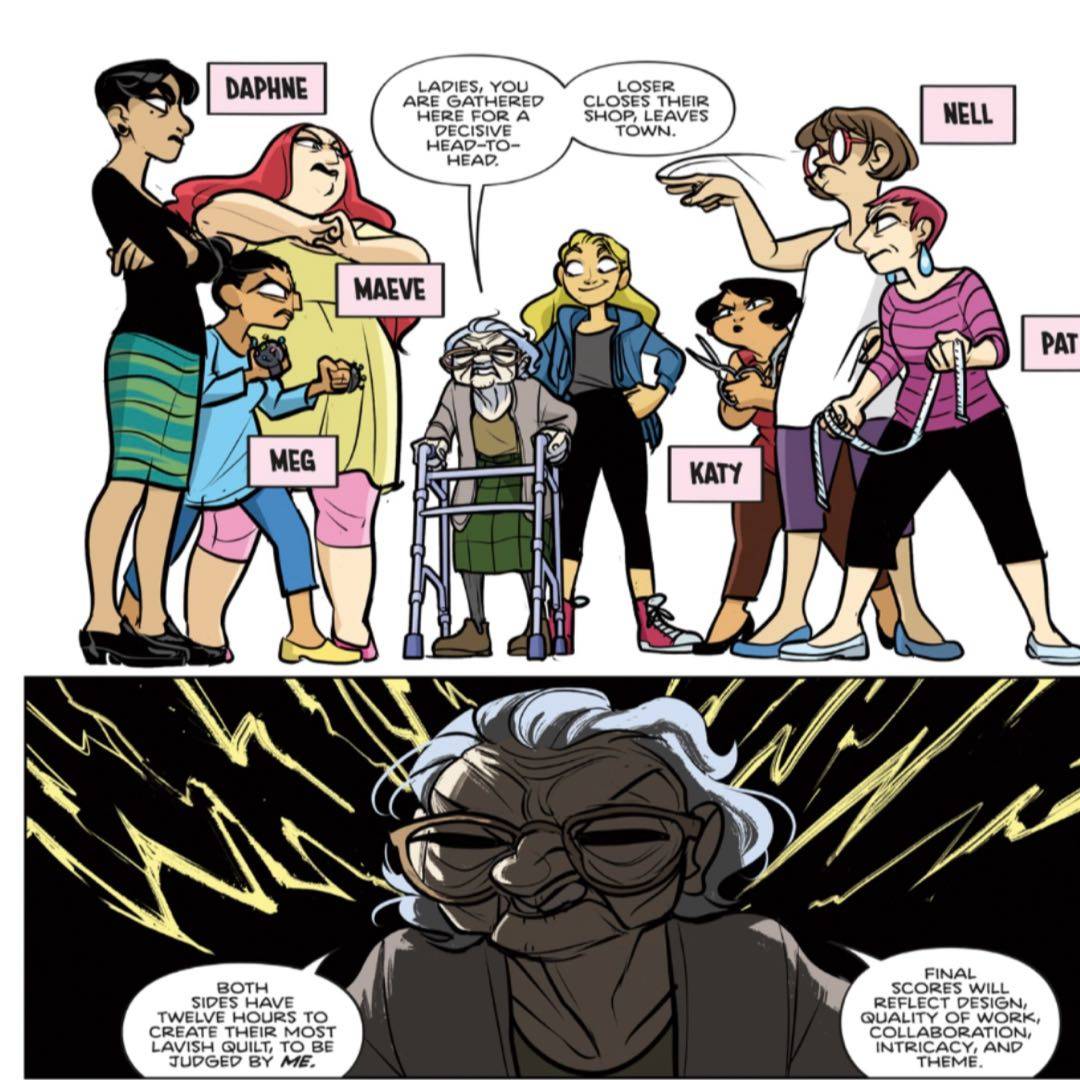
This is a fun little series. Although a part of me considers it a Bad Machinery AU. Truly, the John Allison expanded universe is MCU-esque.

This is a fun little series. Although a part of me considers it a Bad Machinery AU. Truly, the John Allison expanded universe is MCU-esque.
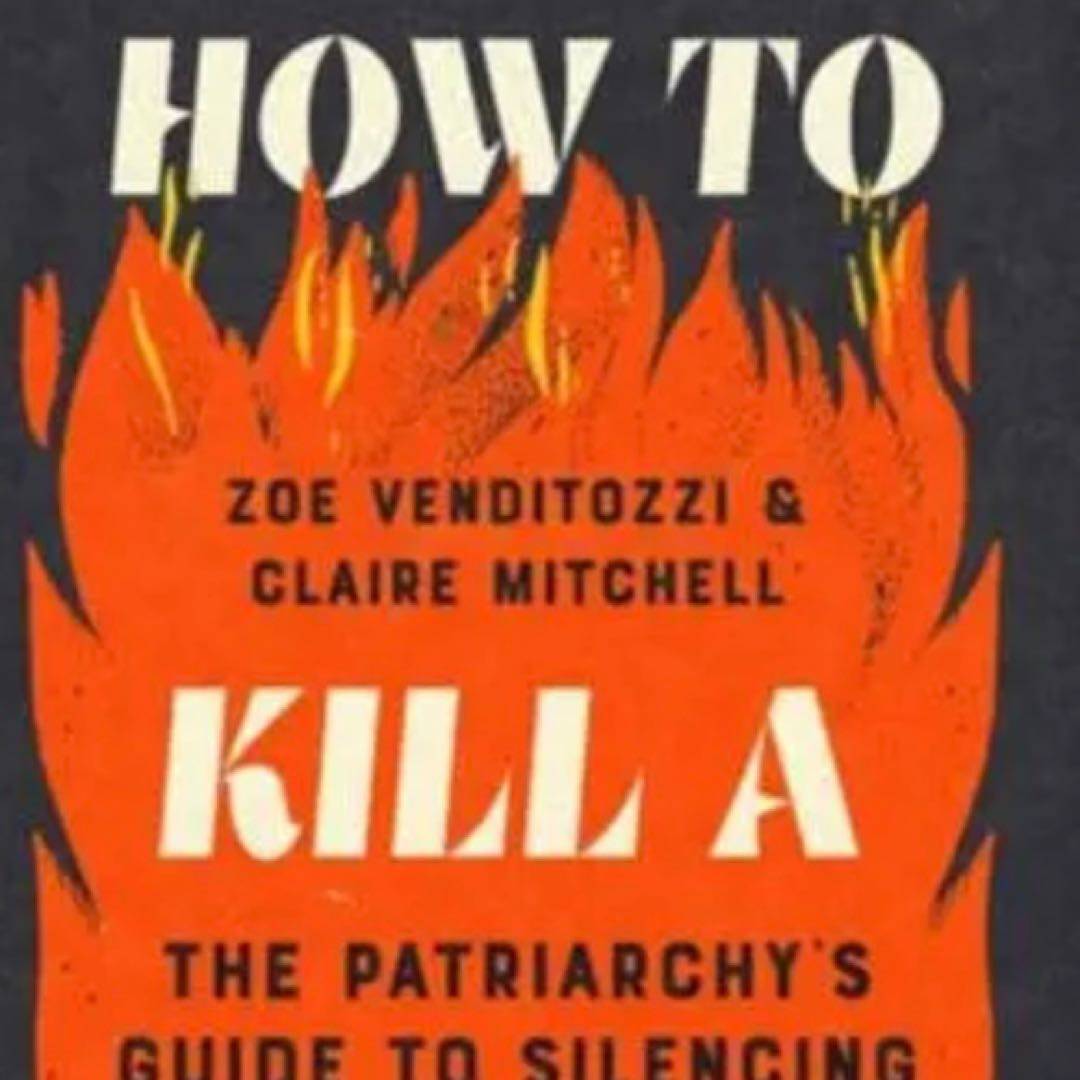
“When the going gets tough, in any society, it is the venerable that are accused of causing the damage, as an easy target to avoid dealing with the greater problems of inequality.”
This was okay, kinda fun. But Colin, the main character, was weirdly vapid. It‘s like he didn‘t see anyone around him as real, and had no curiosity about them except if they directly interacted with him in a way he benefited from. He starts the book that way and ends the book that way. I don‘t know if it‘s on purpose or not.
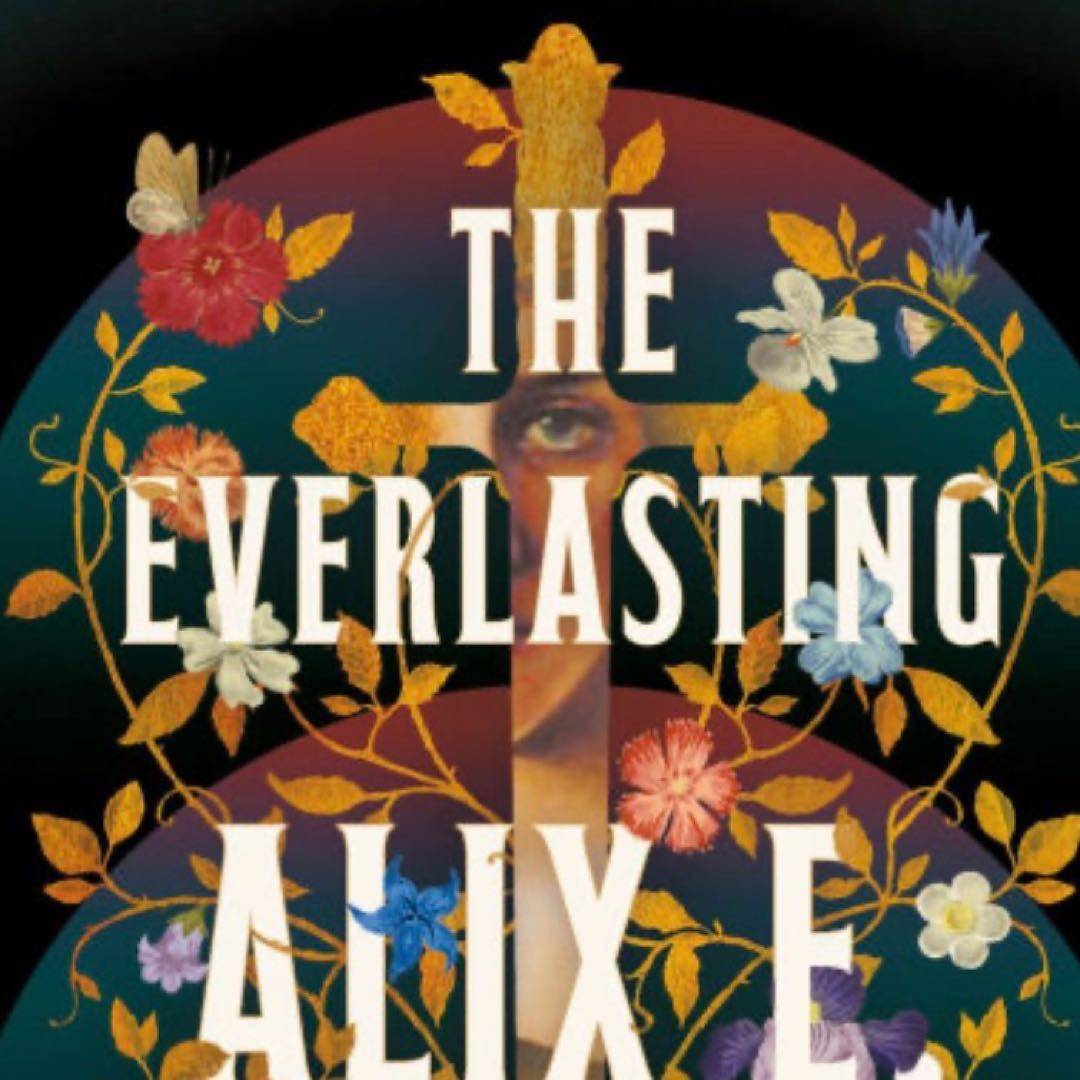
The language Alix Harrow uses is beautiful. The story is a play on the Morte de Arthur (as told by Mallory) through the lens of empire with a version of time travel I haven‘t seen before, love, and an evil, wonderful war horse name Hen.
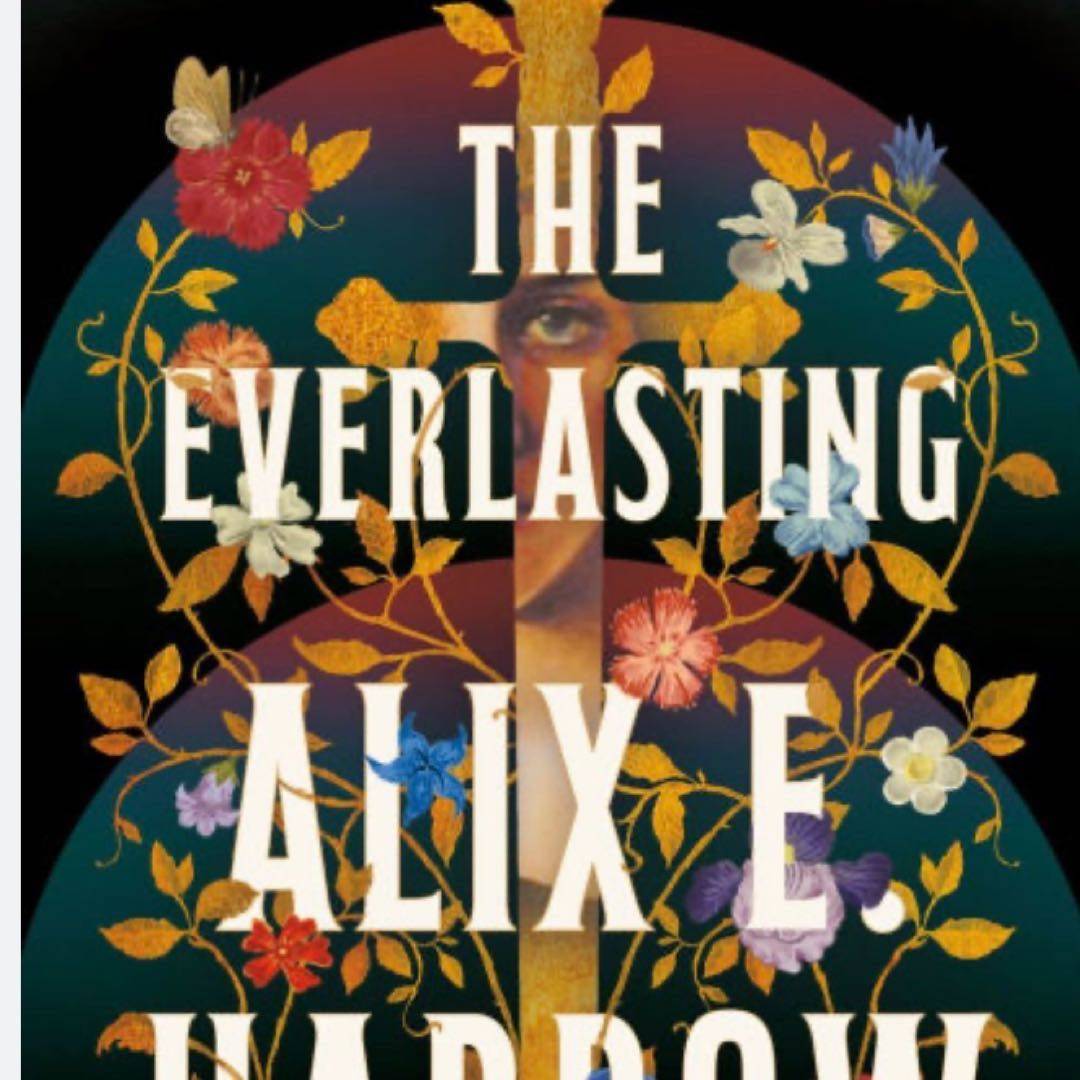
“What did he teach you?” “He taught me of the past first. He read me holy scripture and ancient myths and showed me how to tell truth from myths. …Next he taught me of the future; of ambition, which is the future on purpose.”
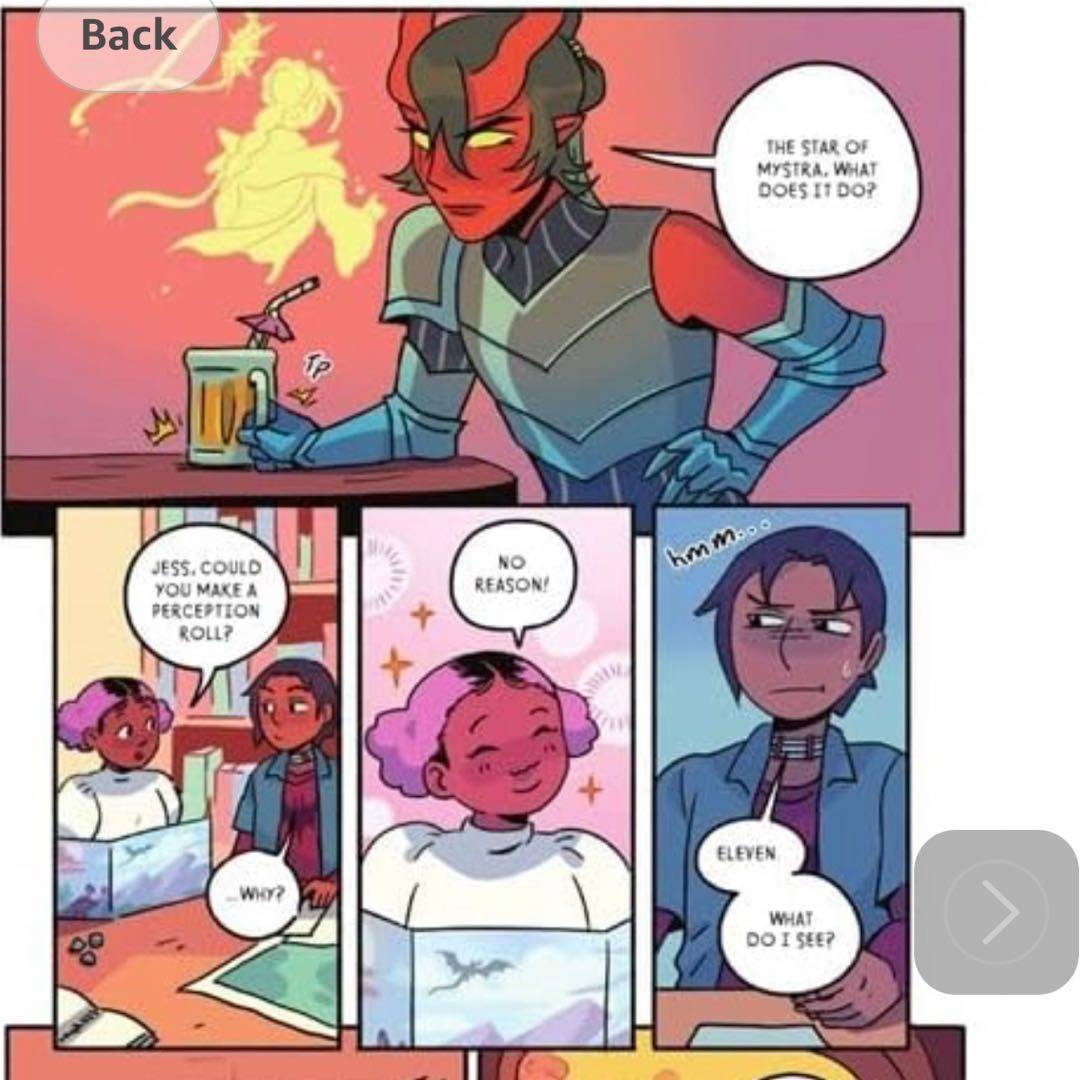
Cute middle grade graphic novel about D&D. Recommend for Dimension 20 fans.
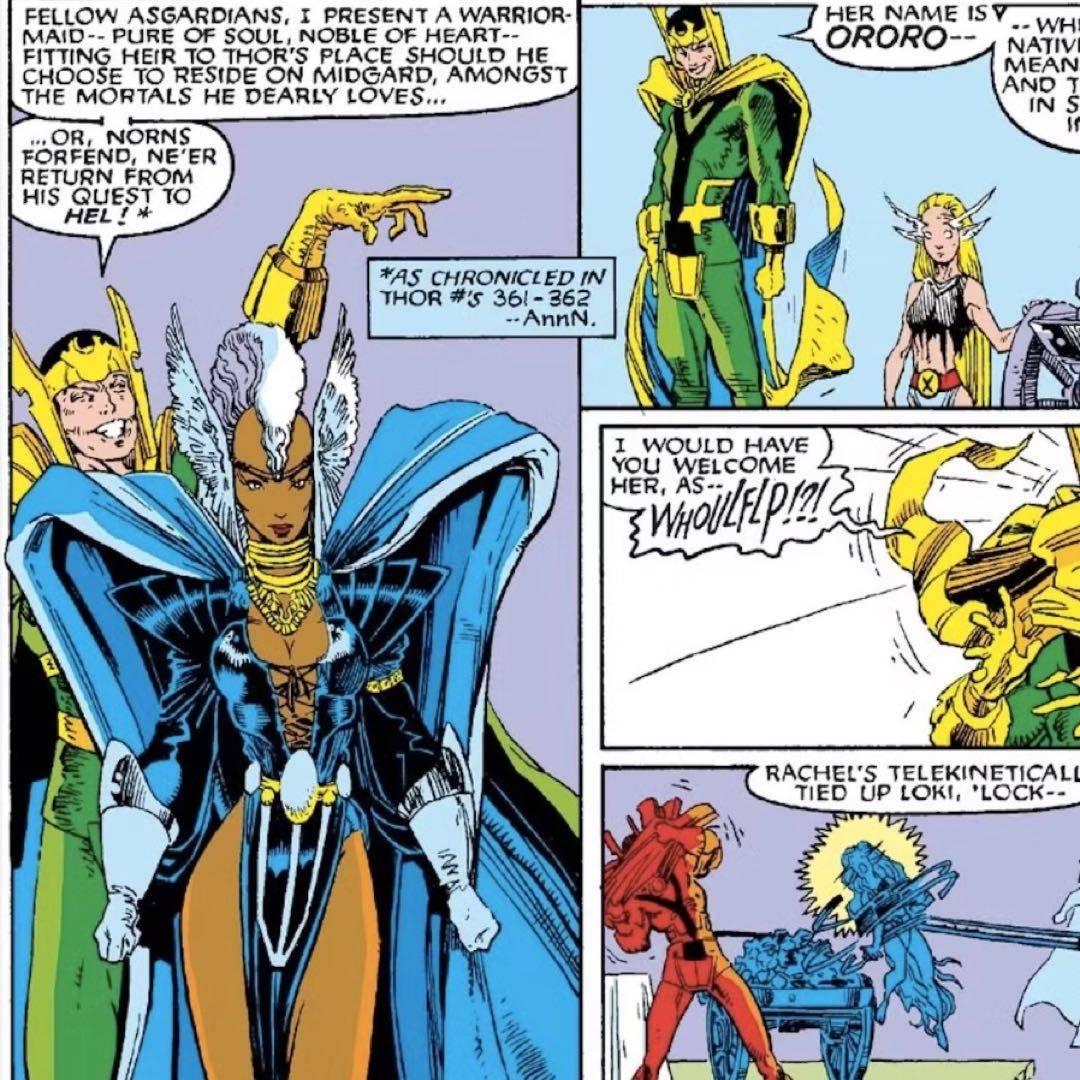
X-men Epic collection Wounded Wolf is a pretty solid Claremont collection of the x-men and New Mutants doing what they do. Loki has a crush on storm. Wolverine is rescued by another little superpowered girl. TW for some pretty glaring fat-phobia though. Between the mojoverse, murder world, and Asgard the X-men don‘t do tons of defending a world that hates and fears them, but they do try on lots of outfits.
One of the biggest complaints about Batman is he could do more good with Bruce Wayne‘s money than as a masked vigilante, beating up impoverished muggers. Without getting into the responses to this (cause honestly for me BM is just a pathway to the larger bat family) Absolute Batman just makes Batman lower middle class. Batman‘s grief and rage, as an adult and child, are well done. His mother is a revelation.
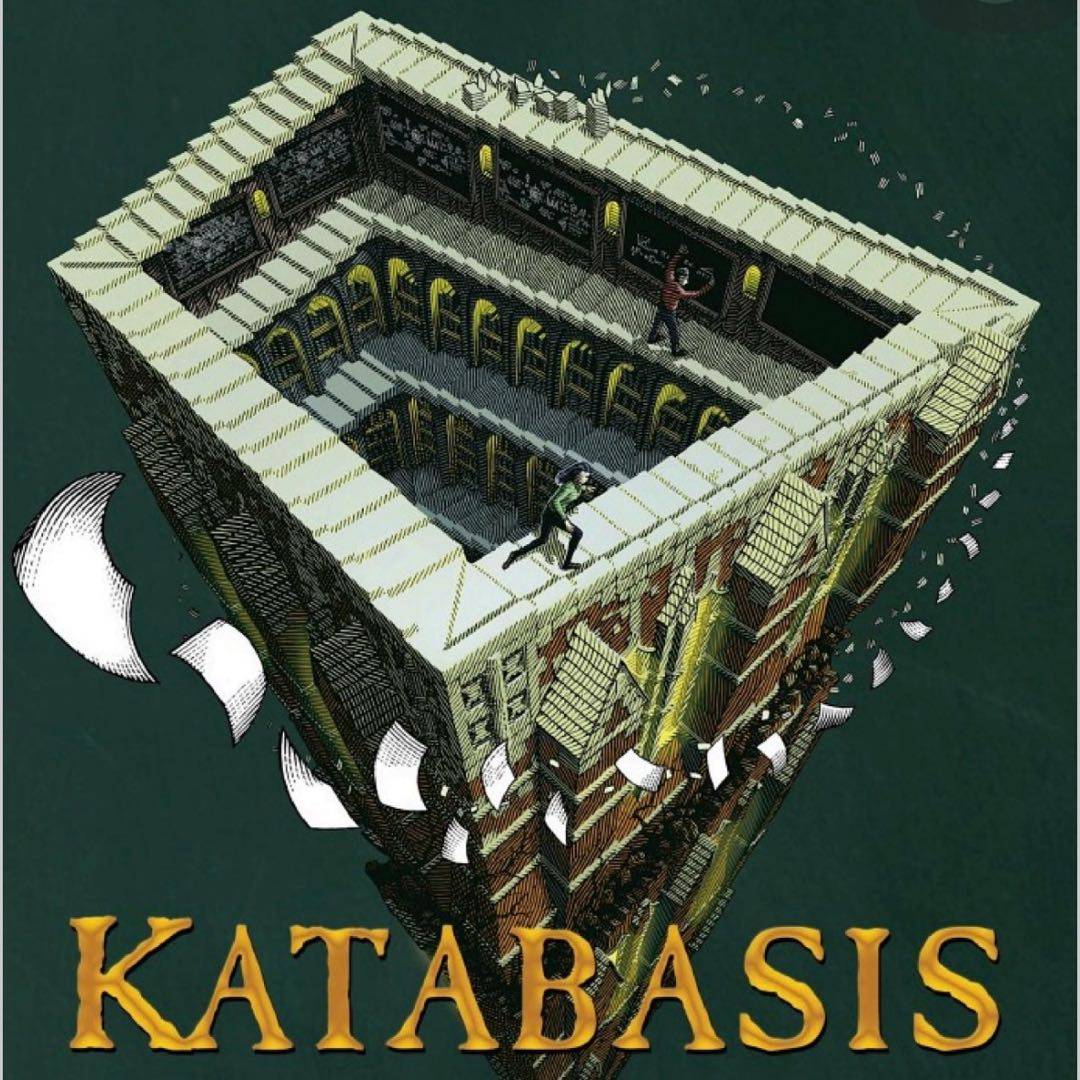
“We only need to get down.” One of them had to keep the cheer. One of them had to be delusional. This was the key to flourishing in graduate school. You could do anything if you were delusional.
I‘ve tried multiple times to read Blake‘s books. I can‘t get very far into them. They seem emblematic of a trend in urban fantasy and dark academia that I deeply dislike. To wit, it‘s just wealthy people. Wealthy people who are into finance, and finance is somehow magic? Its boring. The magic they do, their concerns, their relationships are deeply uninteresting. But I haven‘t finished any of her books. Maybe they get better?
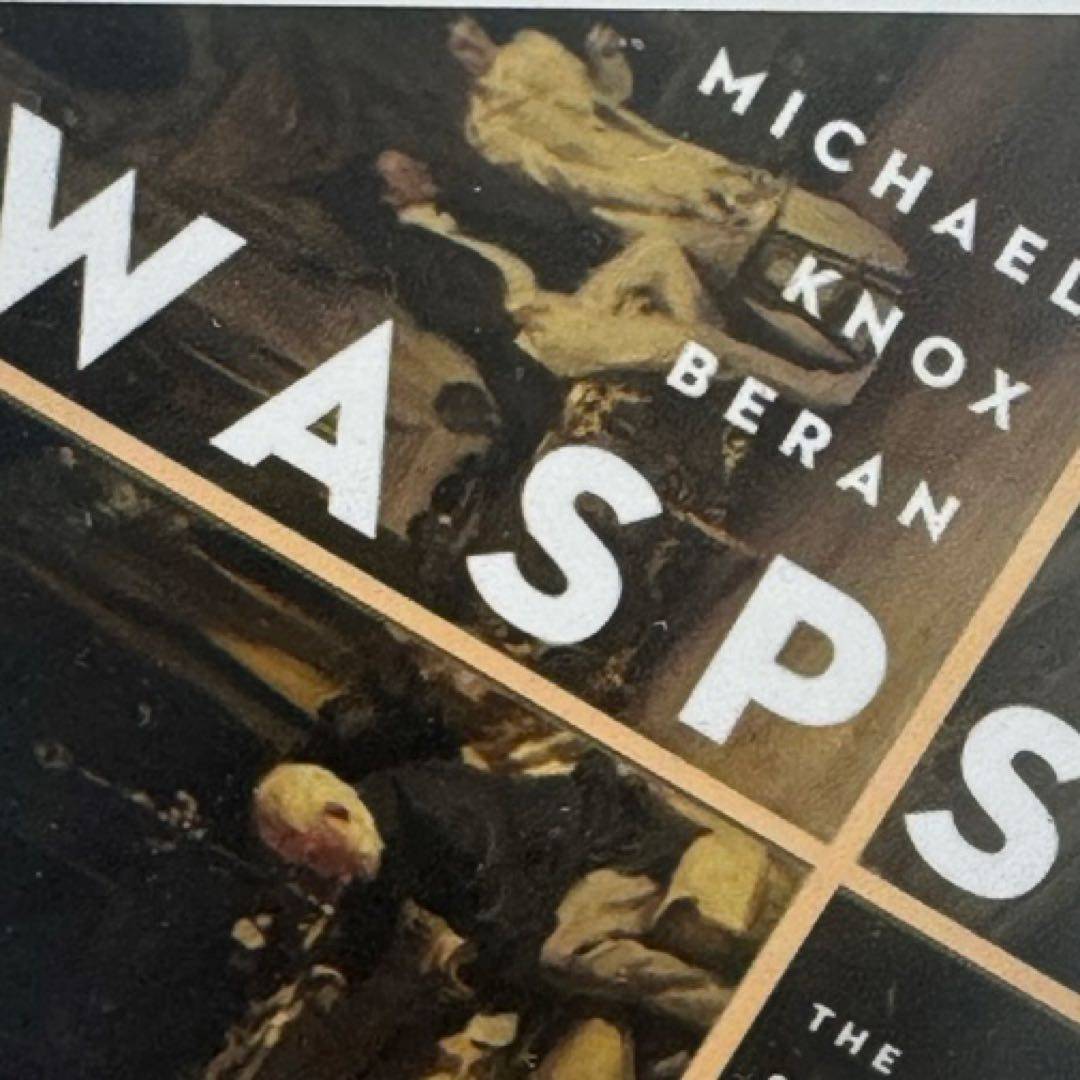
This book isn‘t organized chronologically, by figure, or theme. It starts without defining Wasps. And when it does define them it‘s... “Wasps are born in the consciousness of a void in their lives” …okay, cite your sources, I guess, and explain how that‘s different from other people. The author‘s SM has a number pictures of water with one of his feet in frame, in a boat shoe. And I wish that was parody.
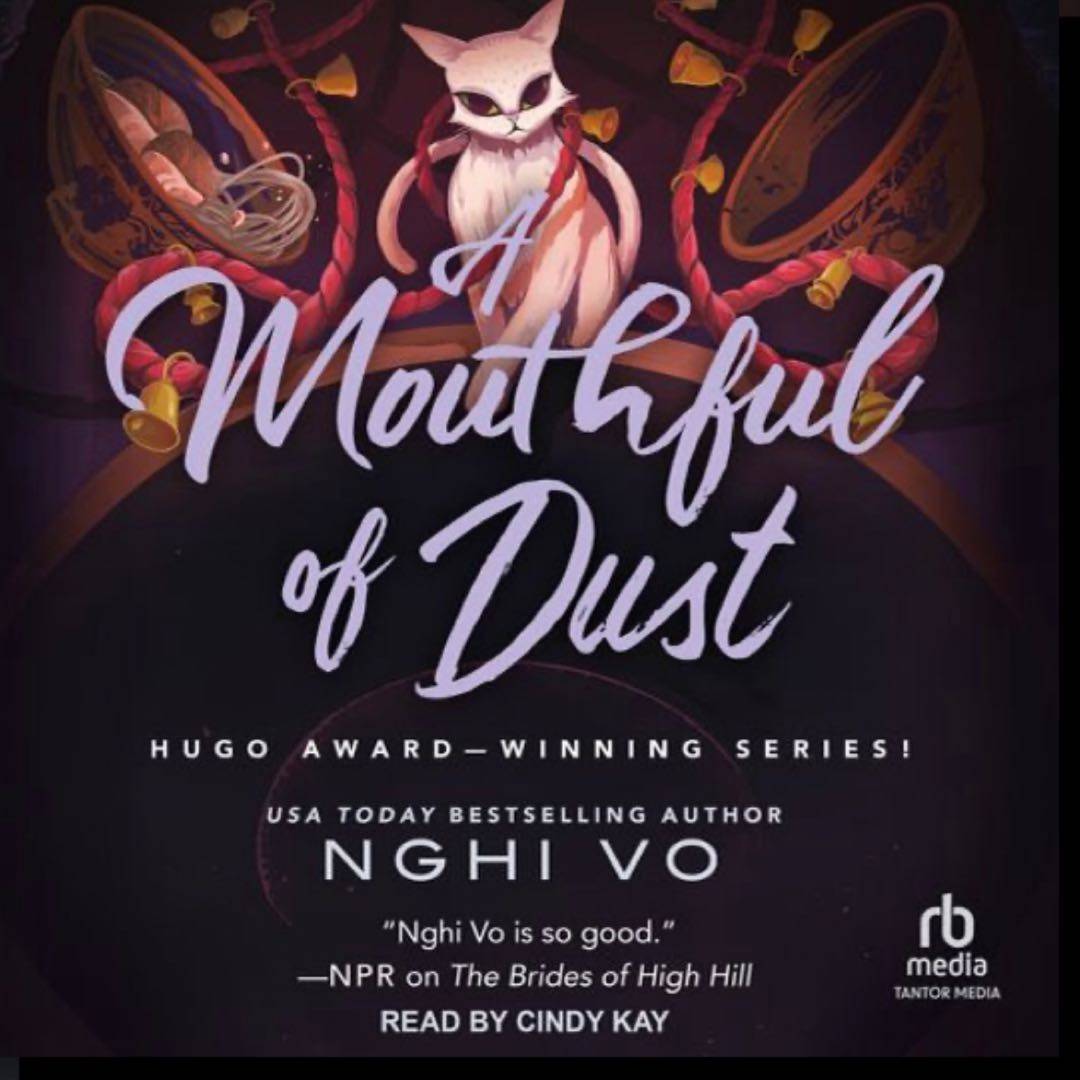
I have a theory that each of Cleric Chih‘s stories is about or based around another type of story. This one is about stories of food, stories about hunger, cookbooks, recipes, and famine.
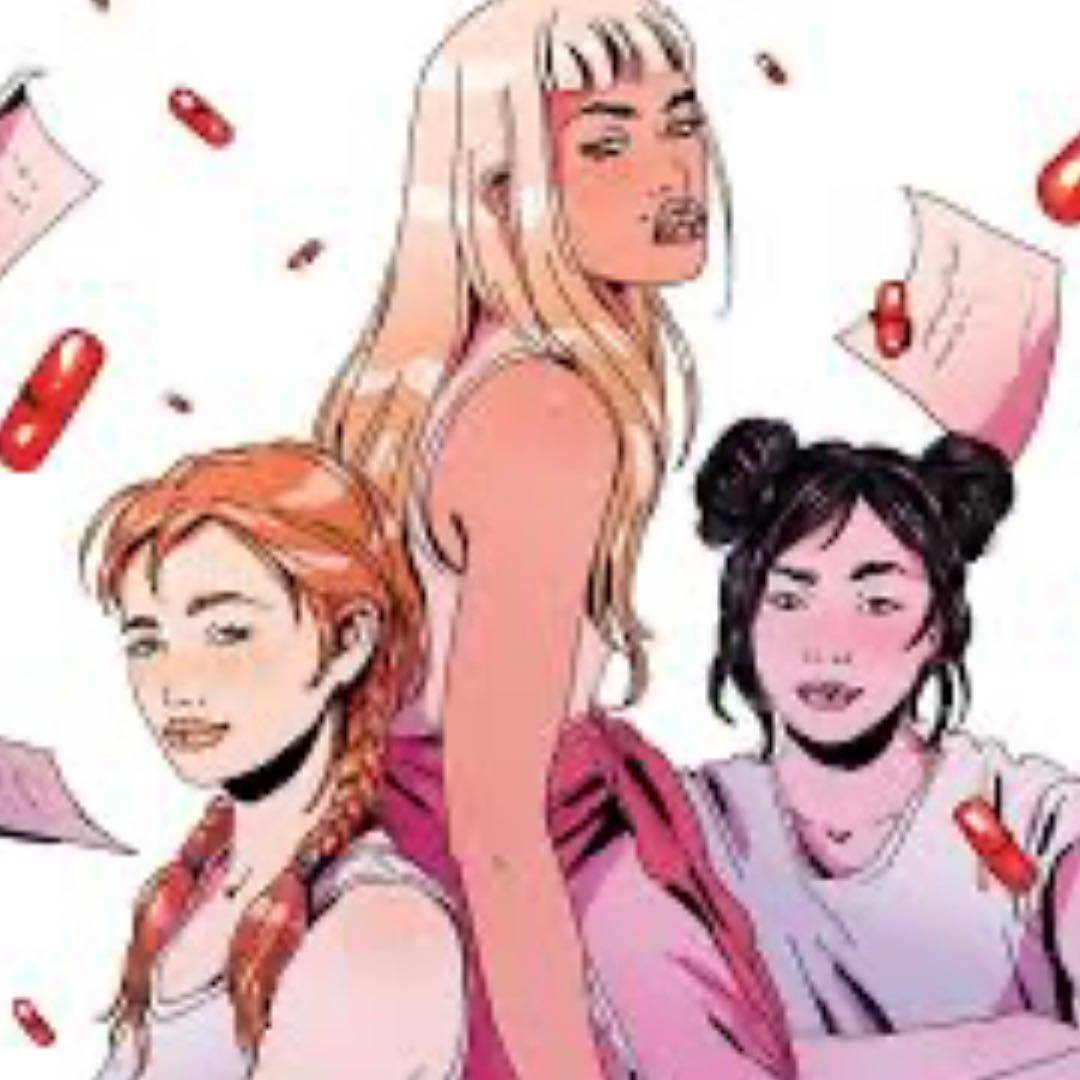
I‘m baffled as to why this story was told from the pov of a female character. She‘s not like the other girls in her dorm, you see. The boys, according to male author, seem mostly okay. And just…you didn‘t have to do that. This story could have taken place in a single gender creepy school/government holding pen. At one point a group of kids plan an escape, multiple boys talk. The girls? Set dressing.
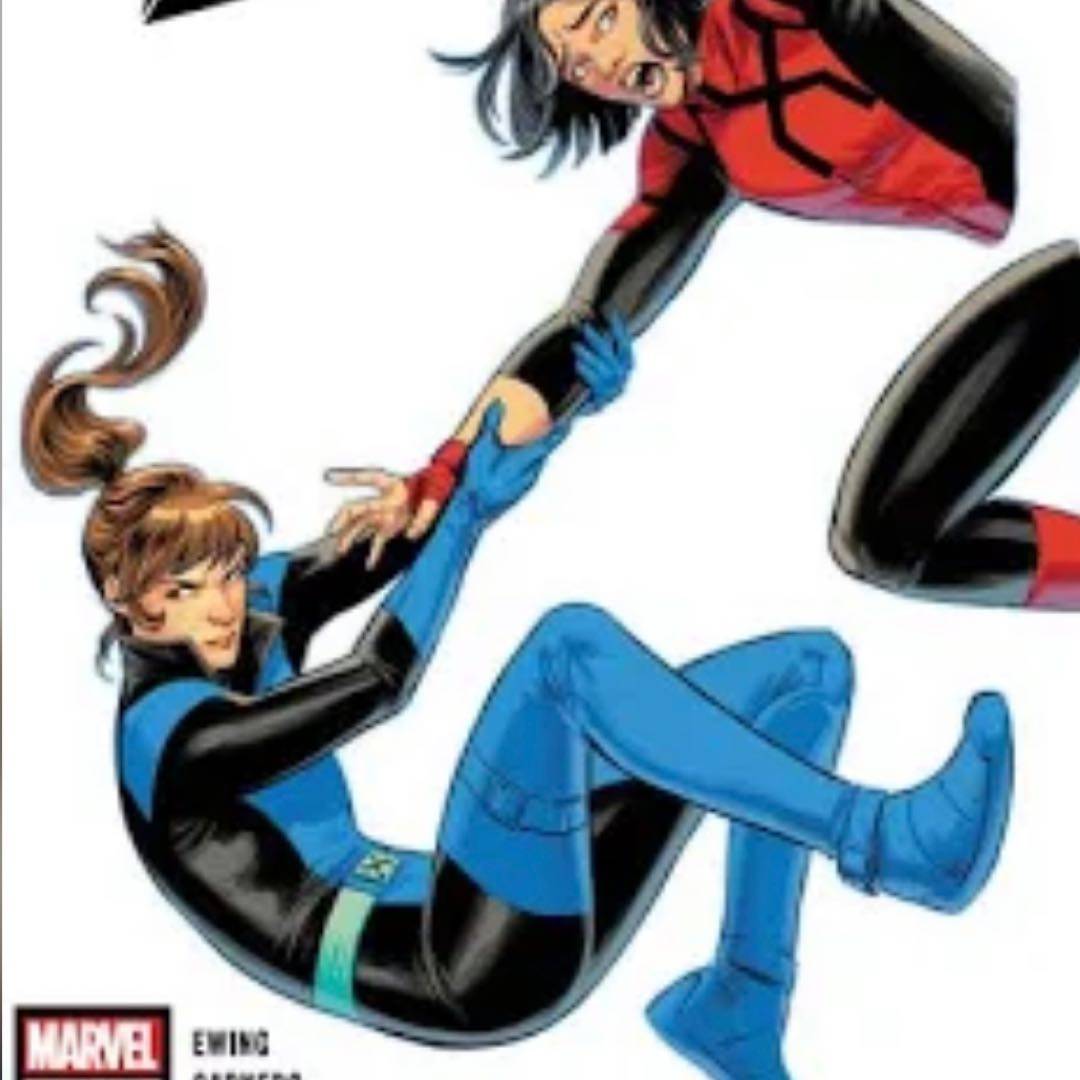
There were lots of things I liked about this: Emma Frost‘s endlessly antagonistic pedagogy, Iceman‘s “we used to date, but I turned out to be gay” about Shadowcat to the woman Kitty‘s dating. I like the new mutants. Trista Marshall is wonderful. Theo Tran could be made awful with the wrong writing, but I love a character interested in making the world better.
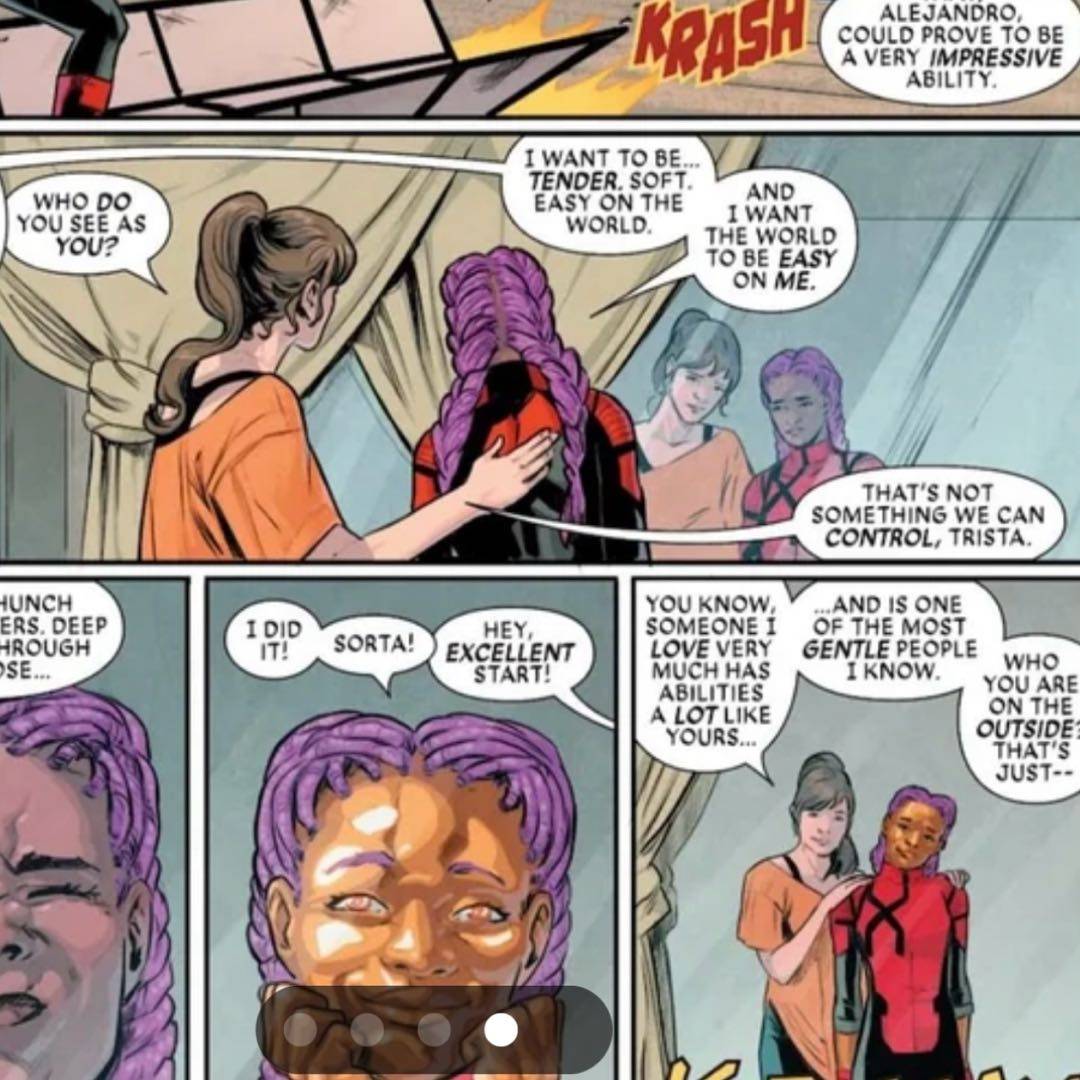
“I want to be …tender. Soft. Easy on the world. And I want the world to be easy on me.” “That‘s not something we can control, Trista.”
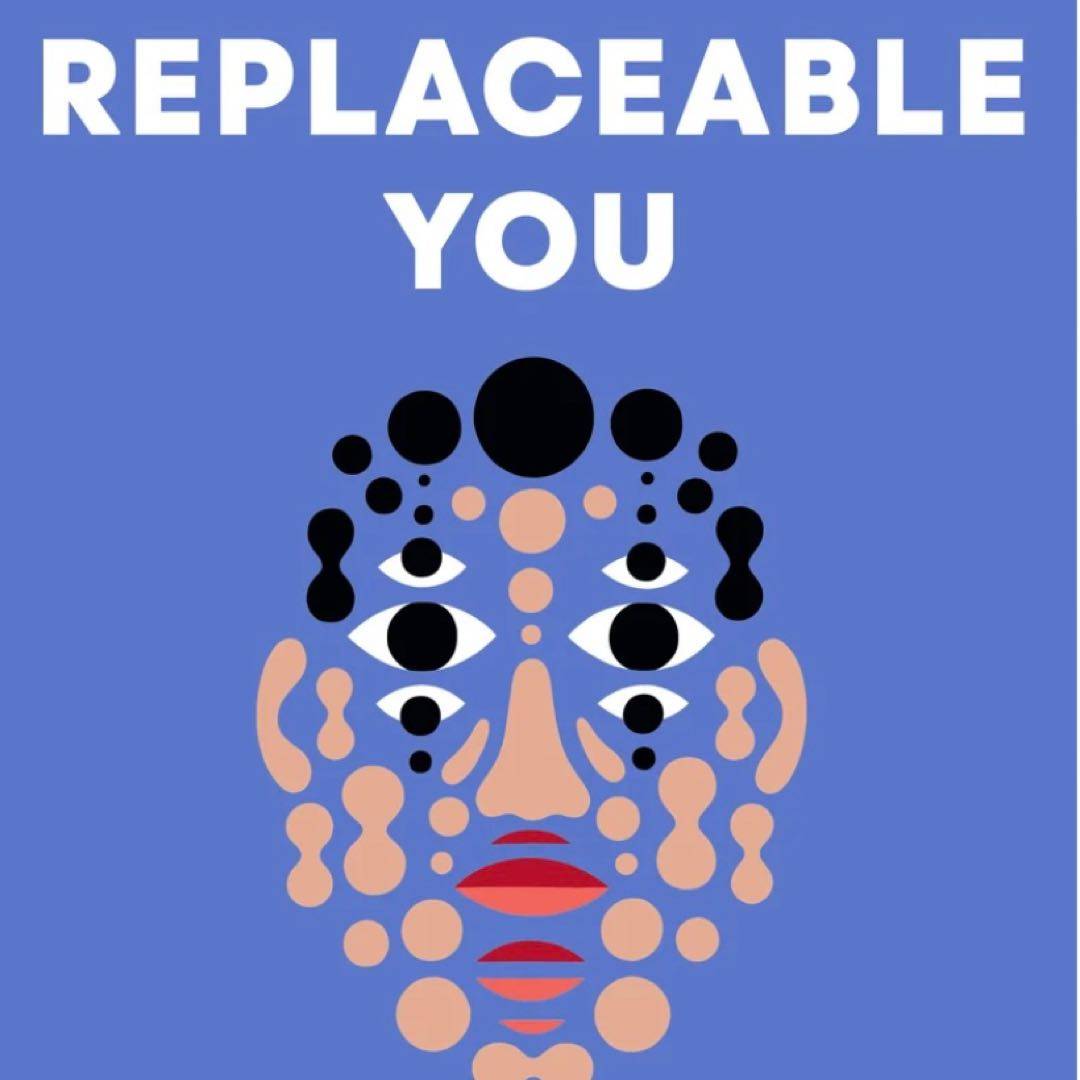
Mary Roach! I wasn‘t expecting a new Mary Roach book this fall and was very excited! Body horror! Science!
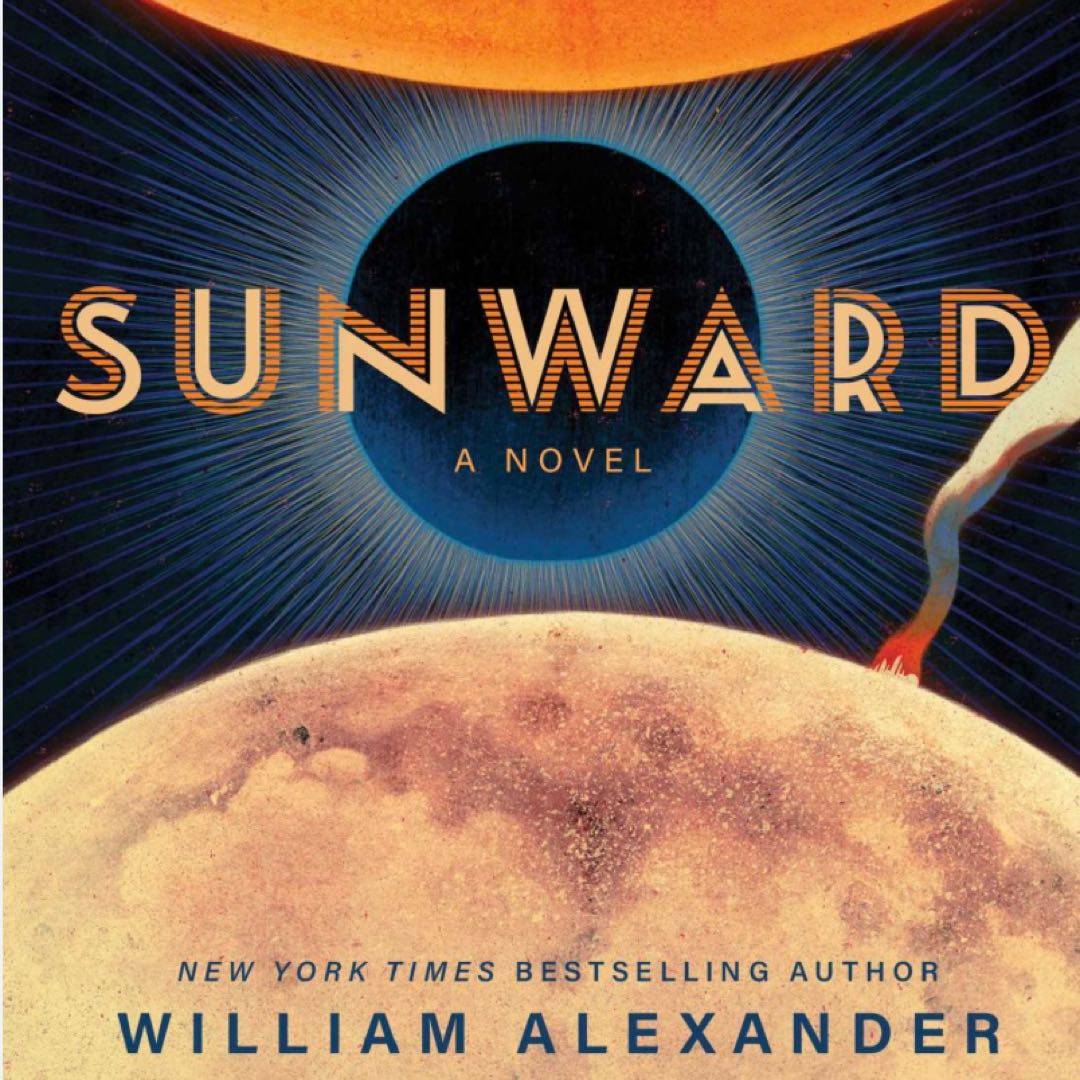
This reminds me of Becky Chambers work. In this story AI go through a childhood of about a year. A loner has agreed to foster several generations of them. When tragedy strikes she begins a solar system wide jaunt to gather the remnants of her family, all of her different surviving robot children, and in doing so explores the nature of love, grief, memory, adoption, and growth. She also gets a pirate hat. And a parrot.
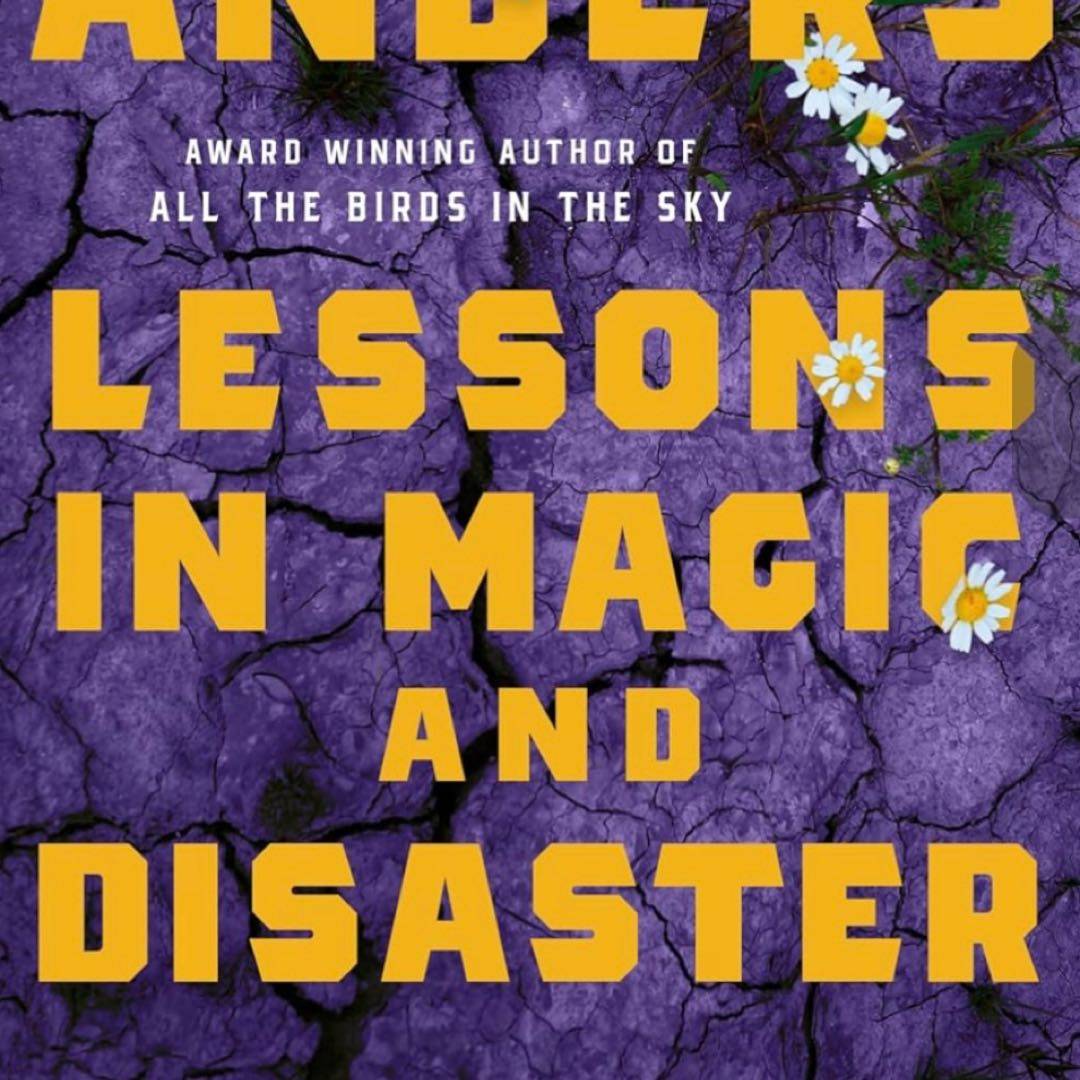
“If we get lost in a cell phone dead zone, I plan to be quite passive aggressive.”
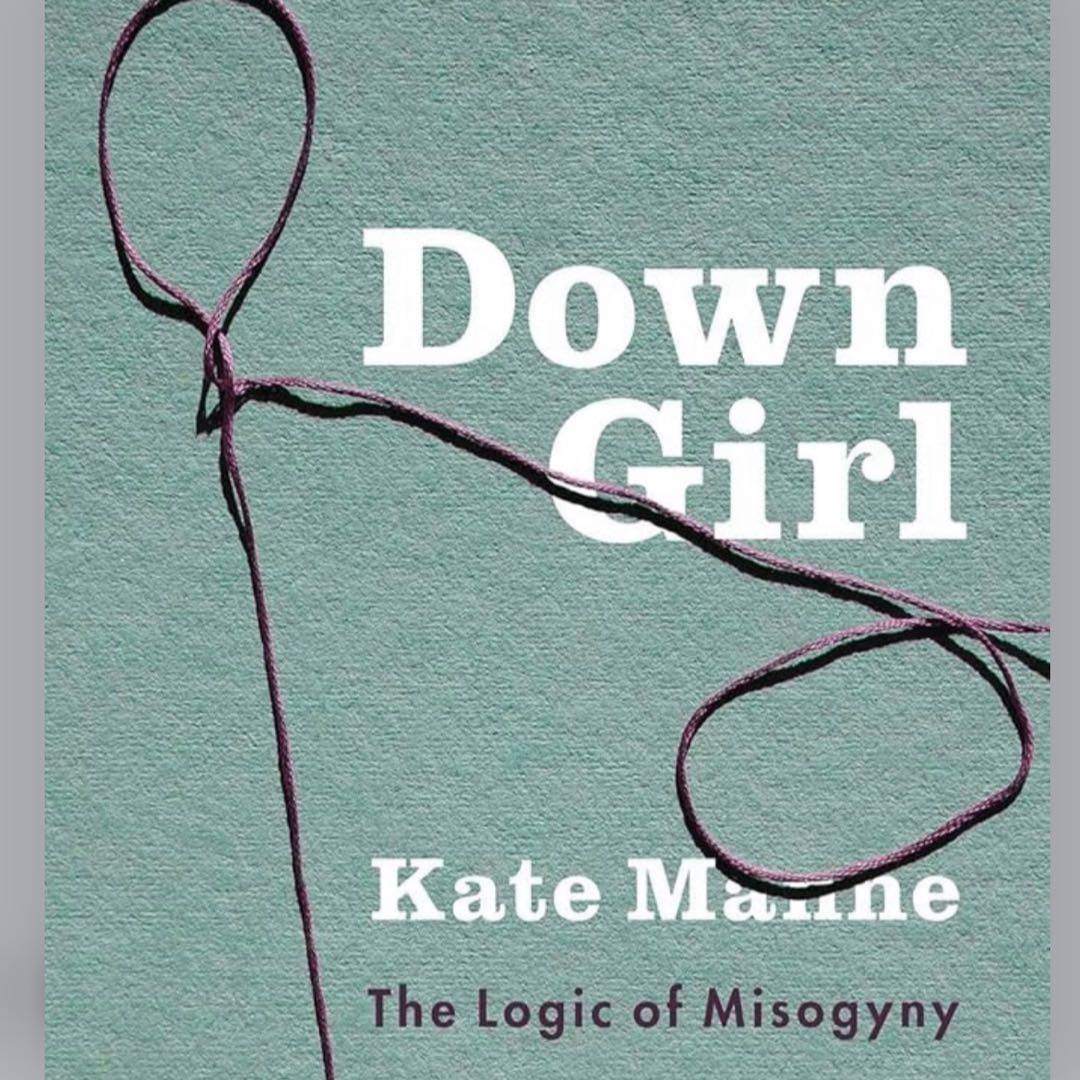
When I was a kid, bigots would tell me, with a little smirk “I‘m not AFRAID of gay people”. Down Girl is about a similar issue in misogyny. When we talk about misogyny, lots of misogynists dispute claims cause they love their mom or Sydney Swenney. Manne writes about how misogyny divides people into 2 classes: those entitled to attention and love and nurture and those who must work to supply it or be punished.
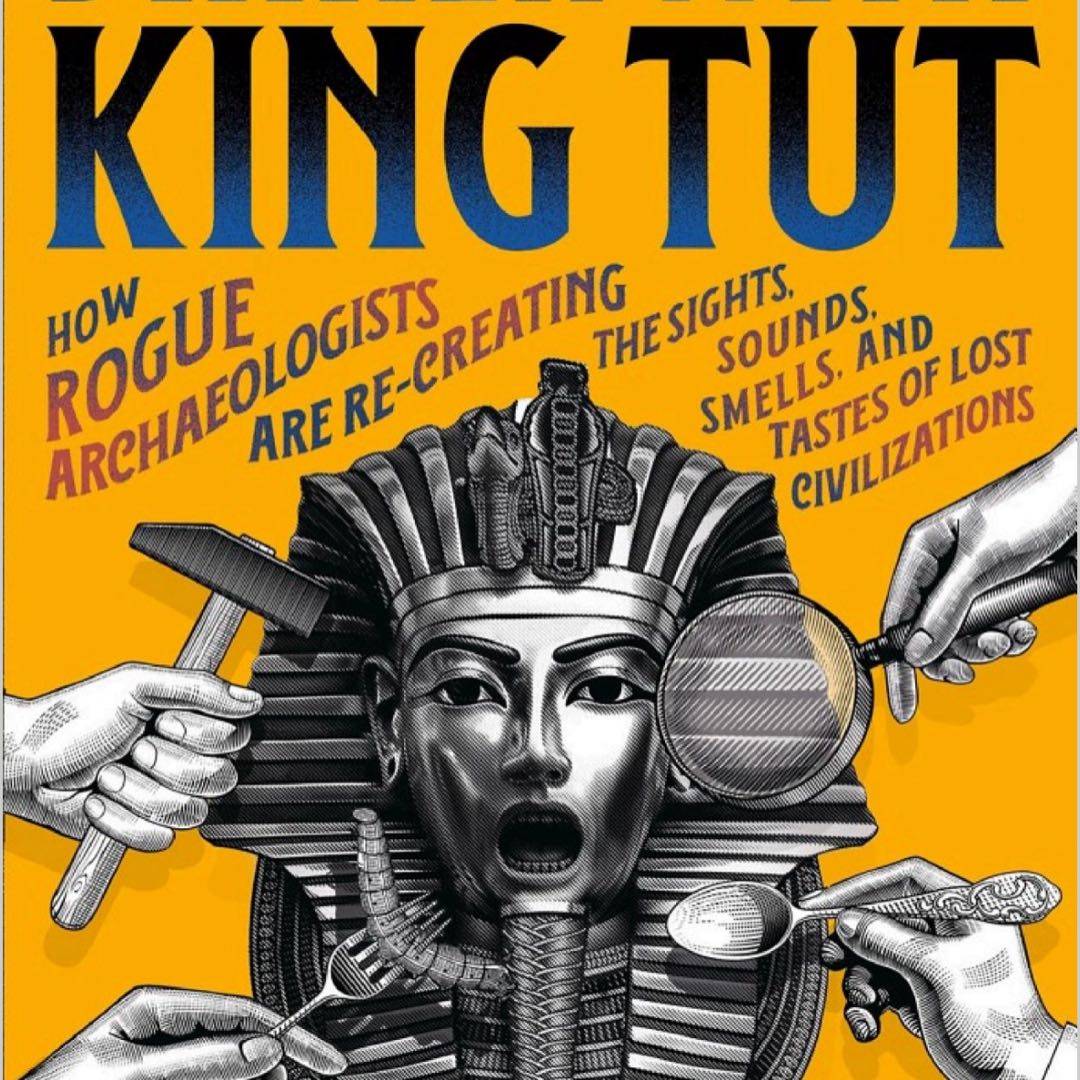
Sam Kean is a fun science writer. Experimental archeology is frustratingly inconclusive, since it only ever confirms that something was possible, not true. His fictional characters were surprisingly well rounded and diverse.
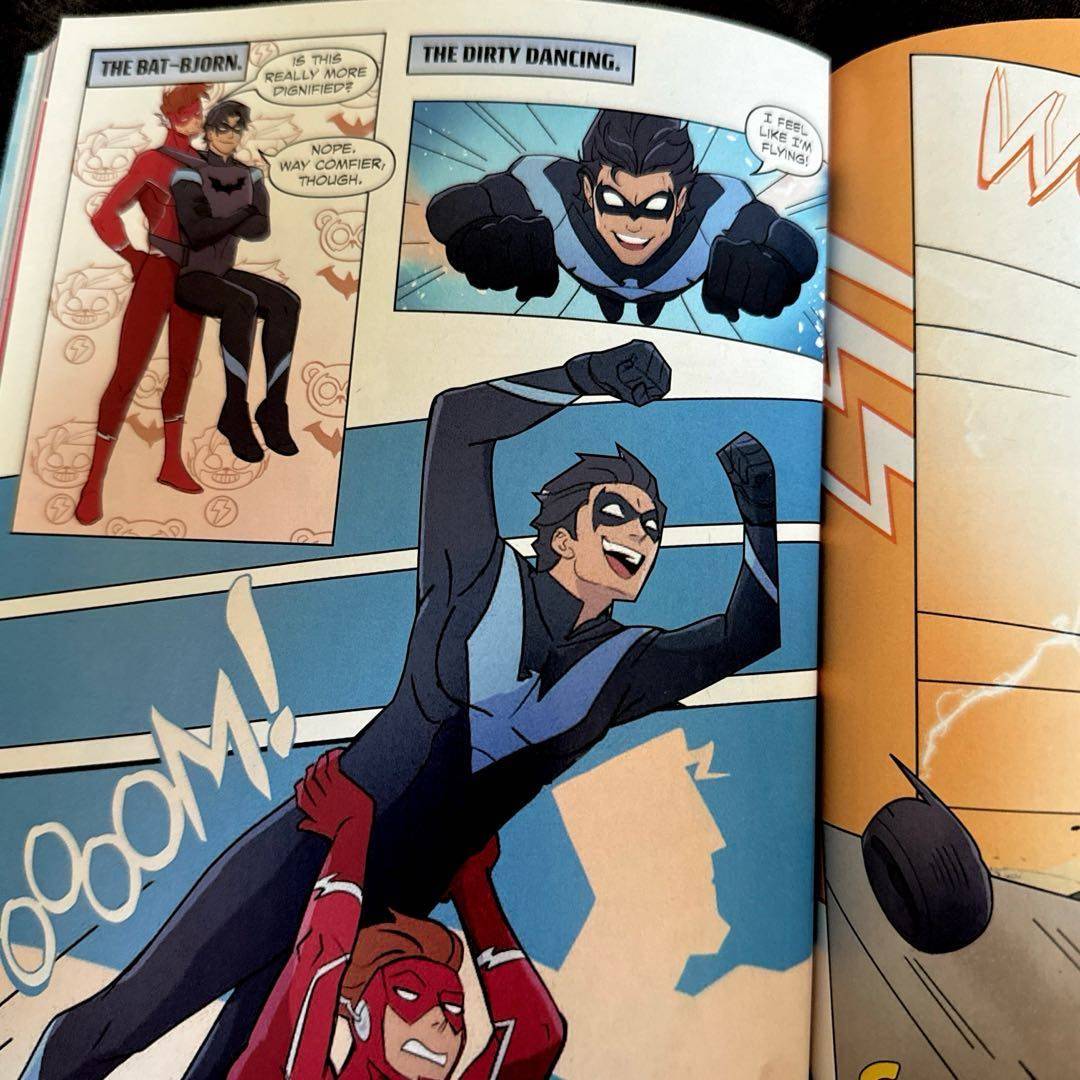
It‘s a comfort read. But look at Nightwing and Flash trying to figure out different ways speedsters could carry other superheroes: LOOK AT THEM. The Bat-born : Flash : Is this really more dignified? Nightwing (pleased): Nope. Way comfier though. The Dirty Dancing: Nightwing: I feel like I‘m flying! Flash (displeased): Yeah, I‘m not running with you like this.

Casually readable biography of a famous prostitute. I don‘t know if there are grand revelations here, but it‘s a chance to focus on someone whose story isn‘t told in such detail very often.
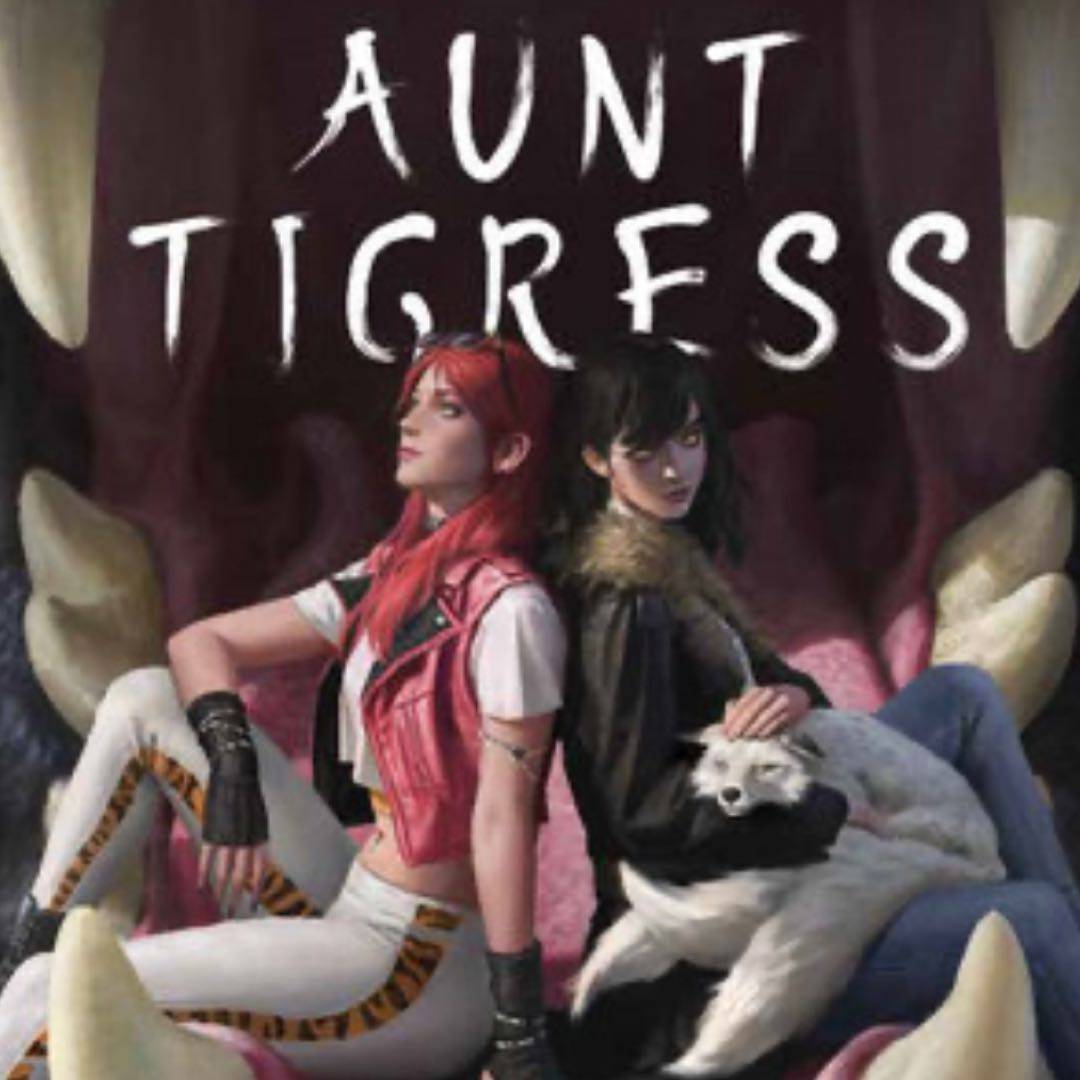
There are questions I could ask about the world building in this book, but it was readable, enjoyable, and earnest in ways I appreciate. It was also the best urban fantasy I‘ve read in a hot minute.
By the end of the first chapter I hated everyone in this book, including the author. I believe what she says about how Facebook worked. I just don‘t trust her, only one-eyed person in the land of the blind, pose.
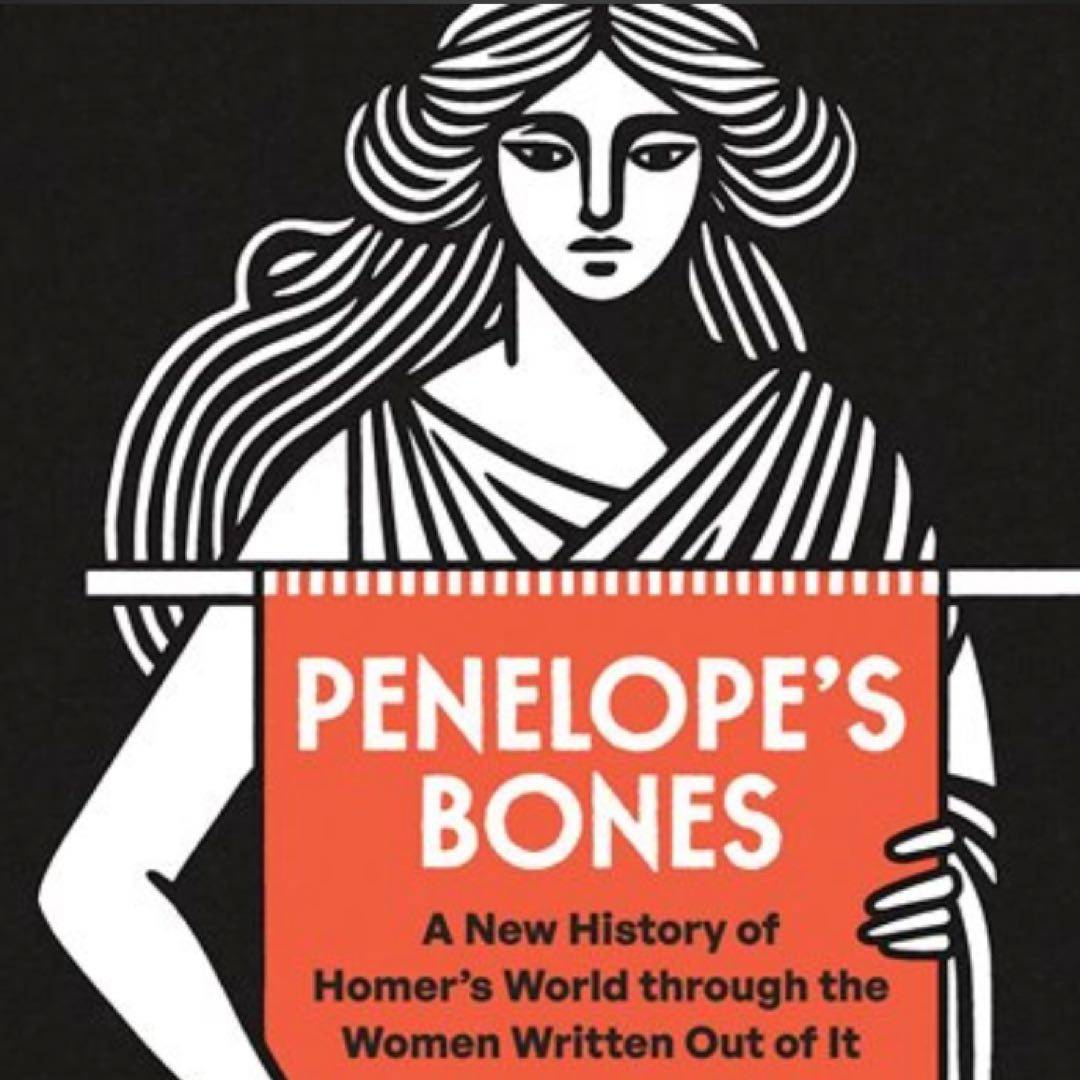
Greek myths were a big part of the literary landscape I had growing up. And they were always deeply misogynistic. But, like the male archeologists thinking every grave with weapons in it must be a man‘s, generations of scientists, storytellers, artists and philosophers stripped women of meaningful places and stories in myths.
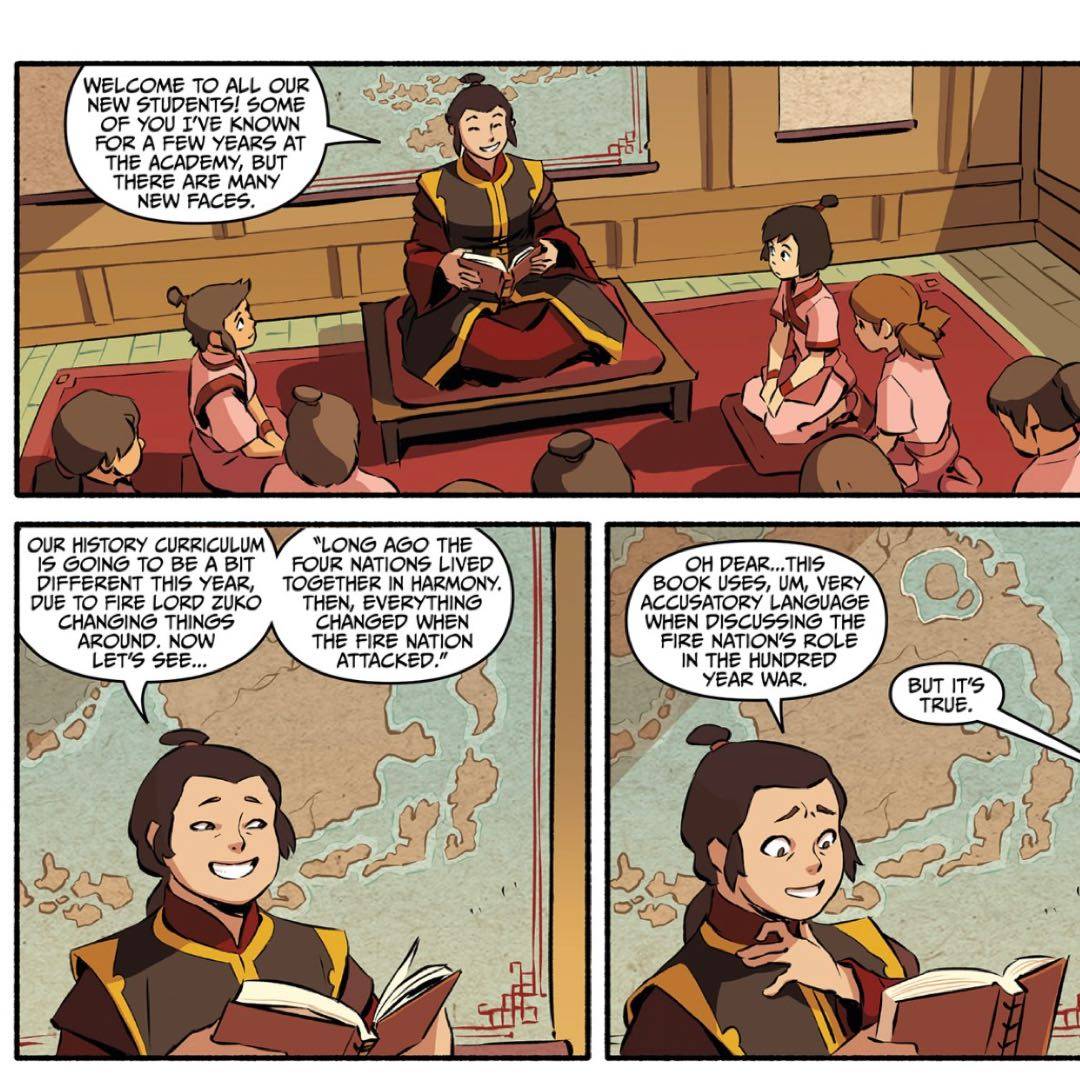
Usually I have more sympathy for educators who find their curriculum unilaterally changed by politicians. But the idea that learning about history can‘t be “uncomfortable” is weird, especially when students regularly engage in Agni Kai combat.
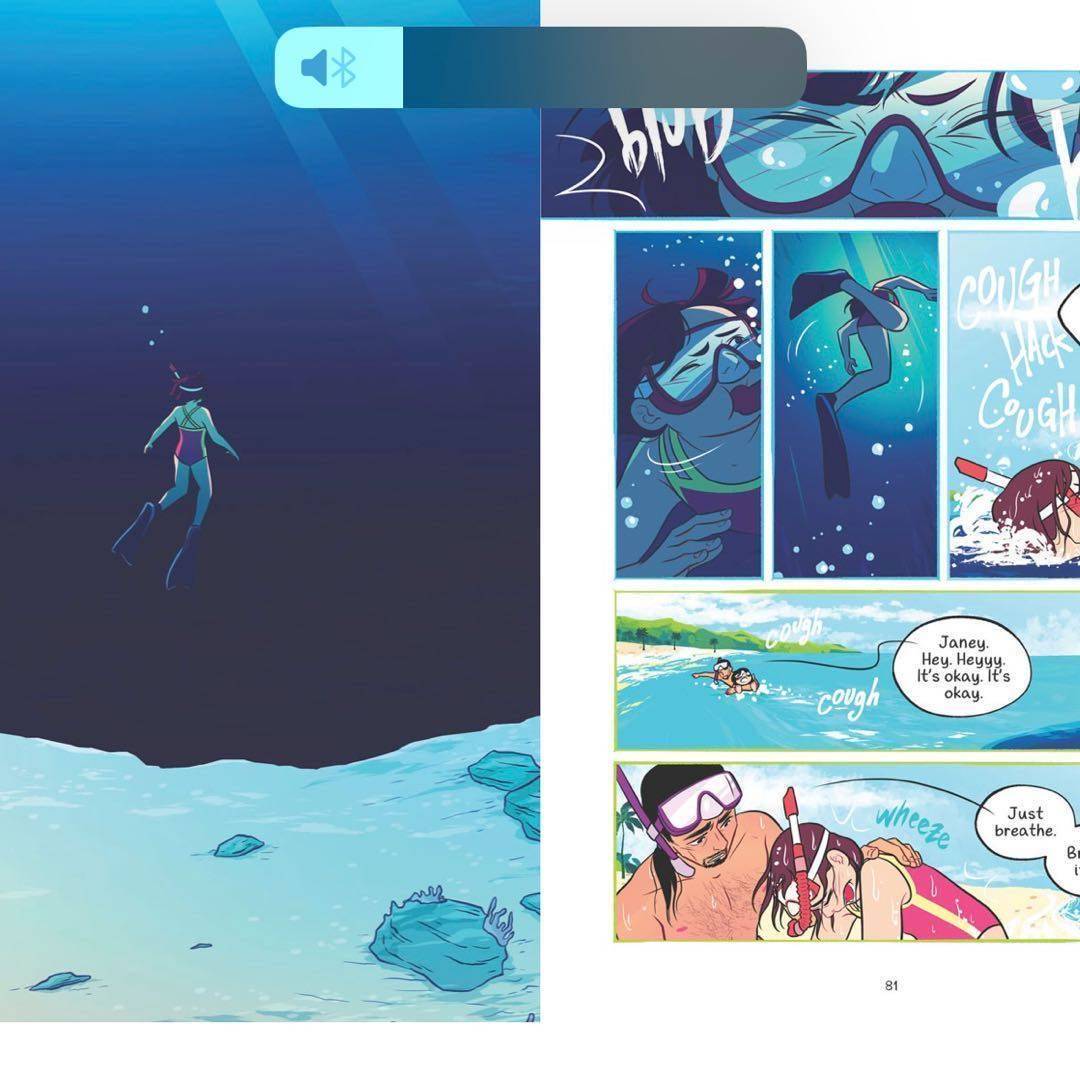
This book explores the eternal question “What would life at sea be like with your family?” While also being a brutally honest (but not unkind) exploration of being a tween and realizing that you don‘t necessarily have much in common with your friends, you might not even like each other.
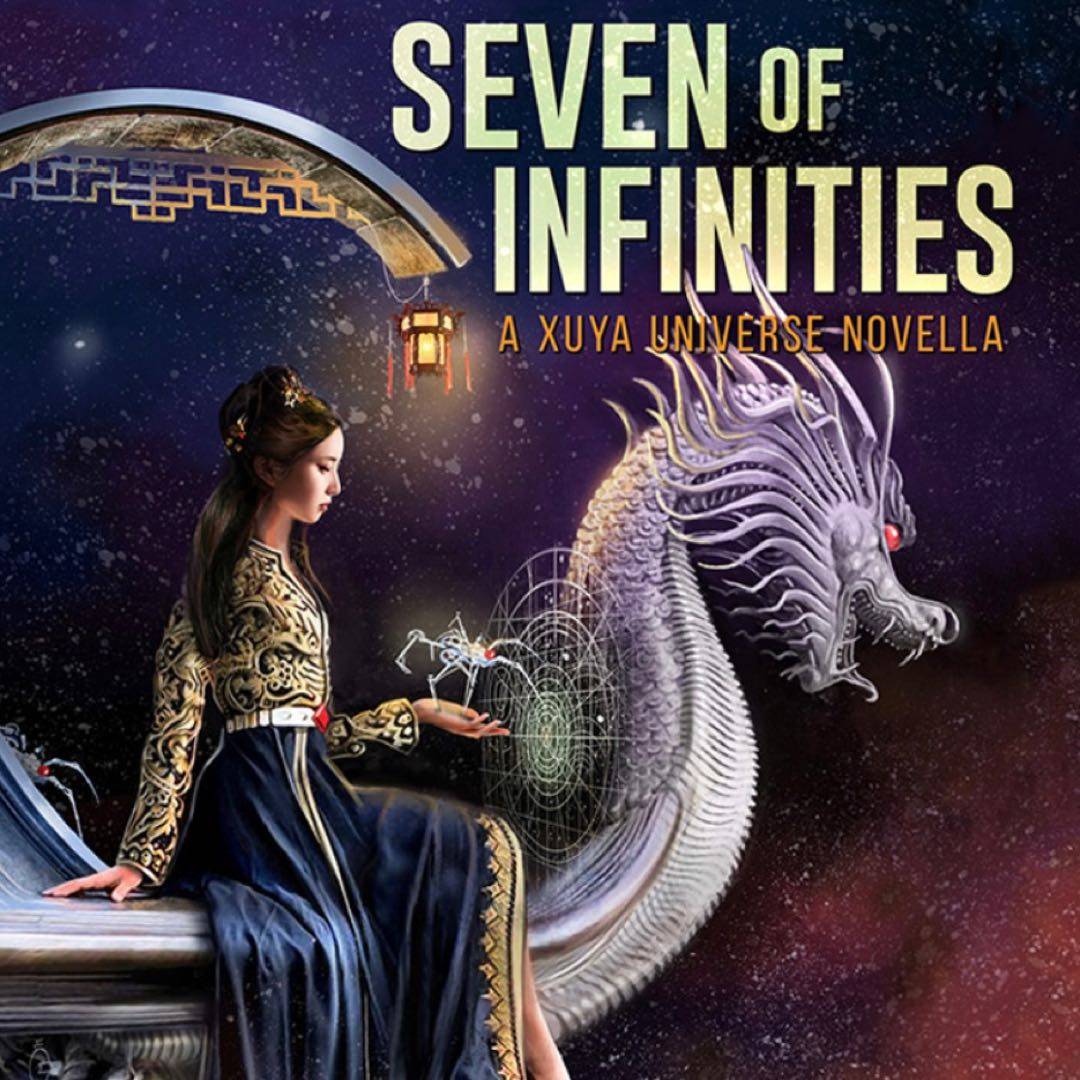
I keep accidentally picking up sci-fi mysteries, and I‘m a little puzzled by the sub-genre. In Sci-fi one of the mysteries that moves you through the story is “how does the universe work in this story?” Trying to unravel both a universe and a who-done it seems like it will leave one or the other short changed.
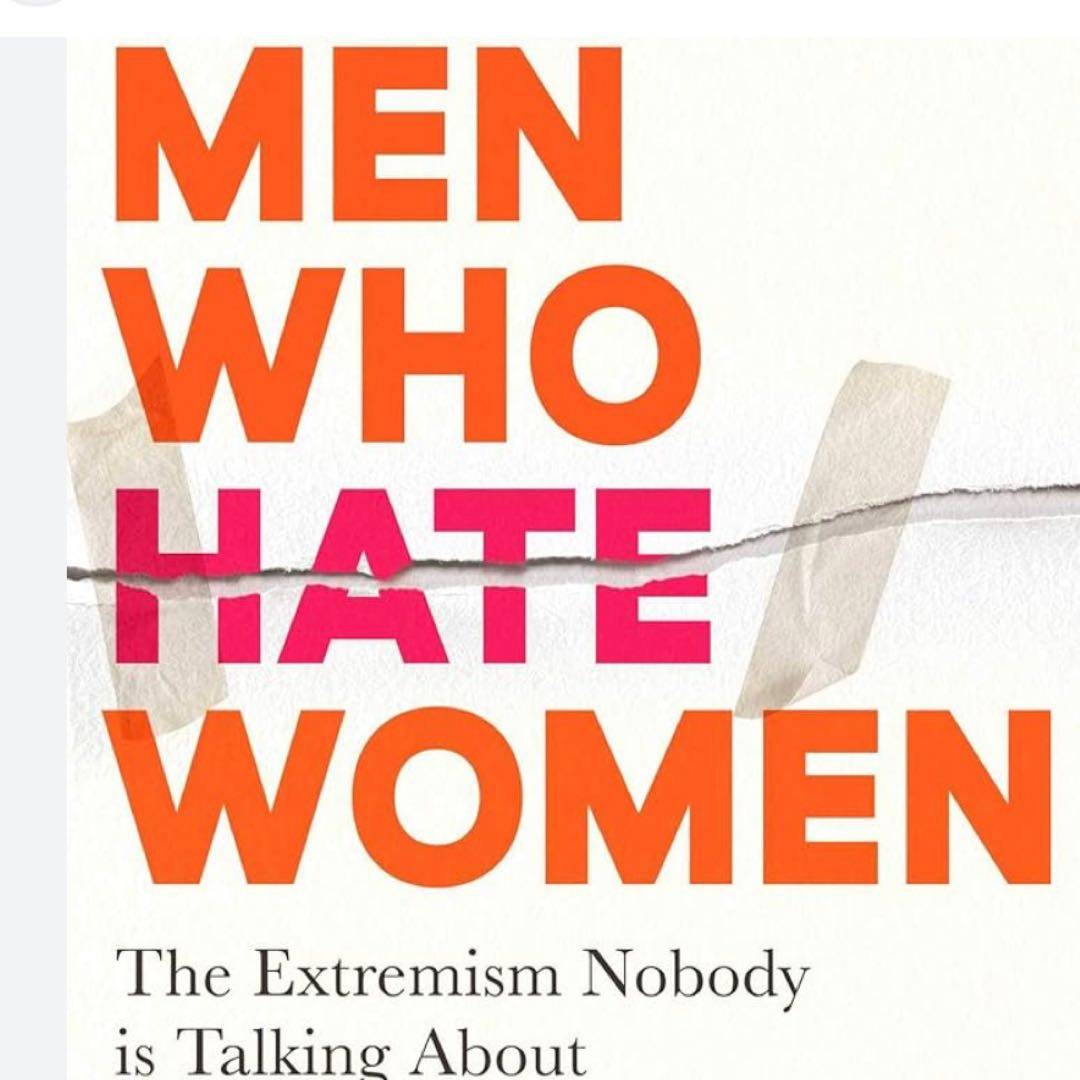
This was written in 2020. It‘s galling how much worse things have gotten since then and frustrating how many of the online right wing figures referenced feel dated, but have been seamlessly replaced in online spaces by NEW online misogynists (and government officials).
A charming survey of some whimsical and nearly forgotten traditions.
There was something very claustrophobic about this book. Alefret is stuck in his body, in his prison, with his injuries, with Qhudur, in the political position he finds himself in, with the lies that have been told, with the state of the world, with his loses, with his morals. Alefret isn‘t a passive character but he does feel trapped.
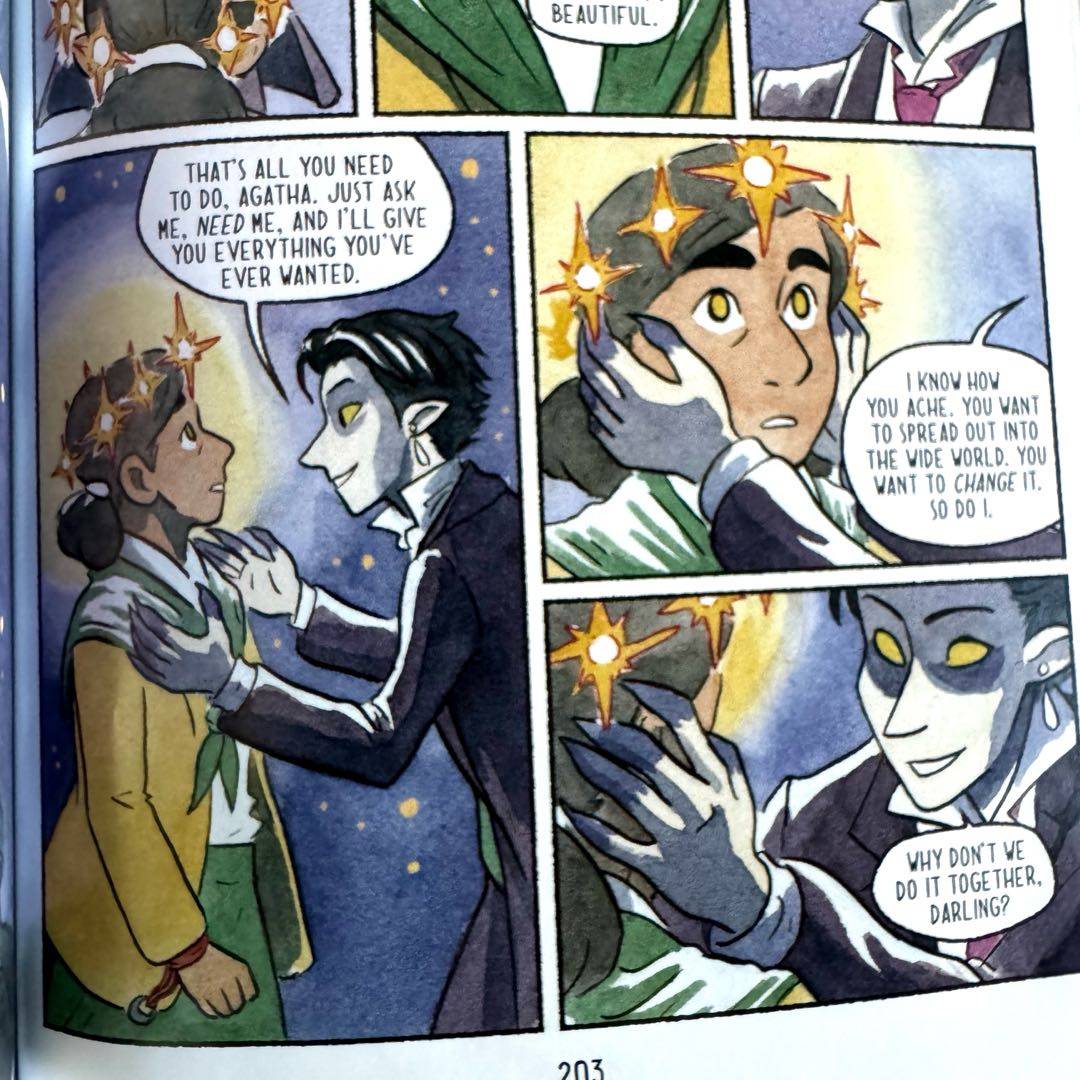
There are shades of Labyrinth in this book, by which I mean the Lady of the Hills and Jareth could both have been played by David Bowie, in my head.
The disease was framed, as disease so often has been, as a moral quandary; if you don‘t wear high heels, and you don‘t live unnaturally in the city, and you don‘t drink, and you don‘t cry at night when you‘re 4 years old and miss your mother, then you will survive.
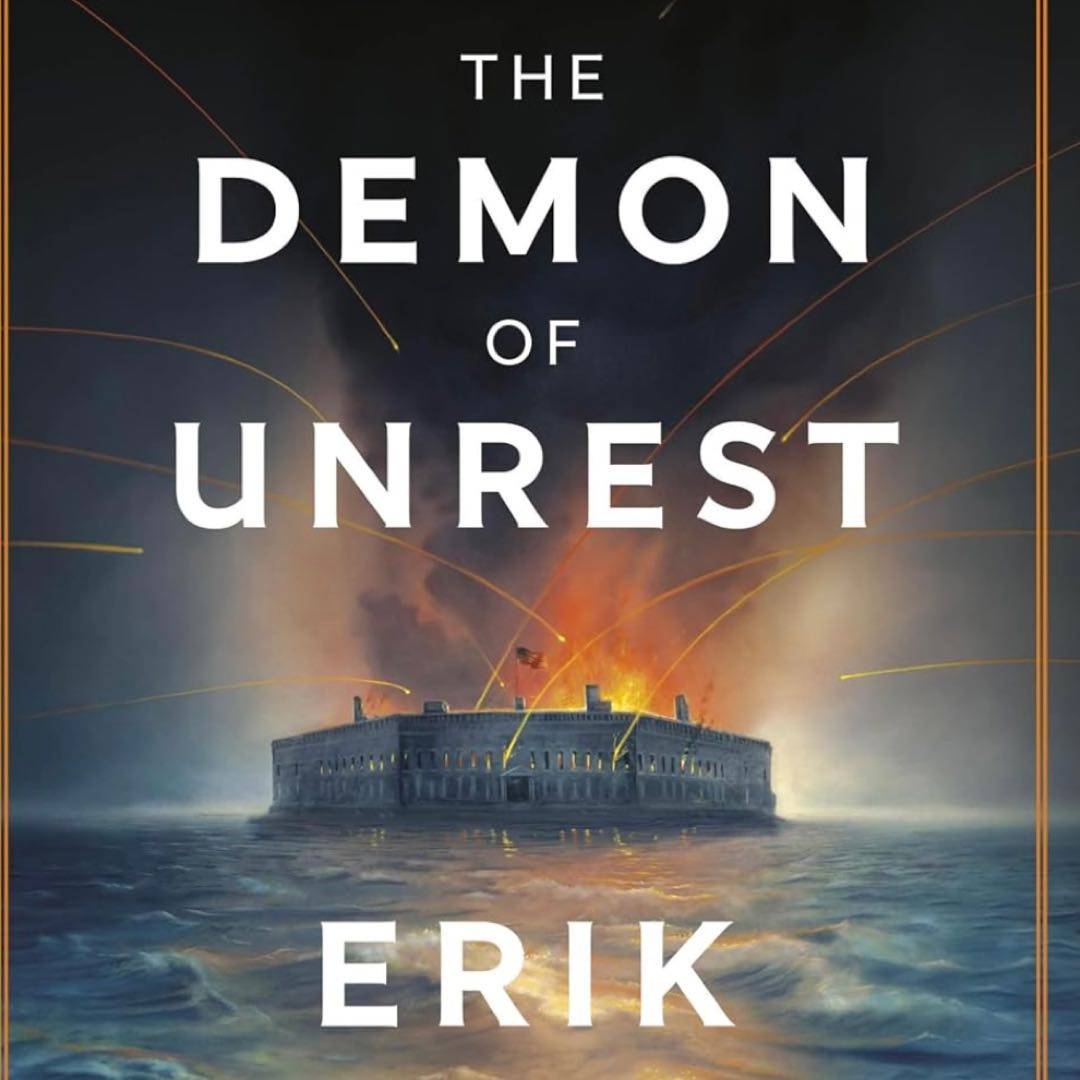
Larson is a good author. But there was some language that felt wrong. I think it came from primary sources. But it was weird. Using the term “relationship” to describe owners having sex with women and girls they own is a weird, racist, old fashioned soft pedaling of rape. You can‘t consent, if you can‘t safely say “No”.
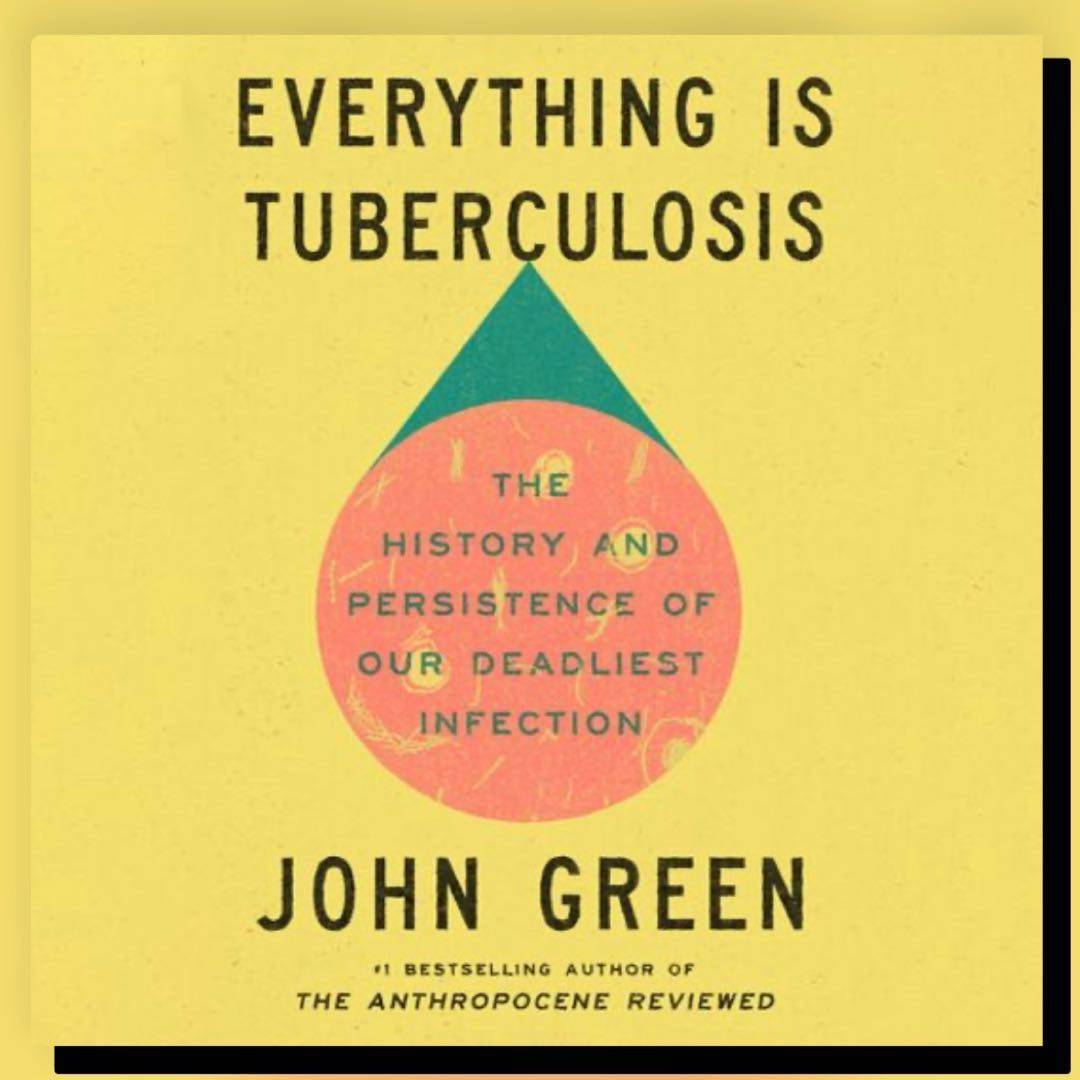
Death is natural. Children dying is natural. None of us actually want to live in a natural world. Treating disease is unnatural….and yet we tell ourselves that some, and only some, lives end naturally, which means acceptably.
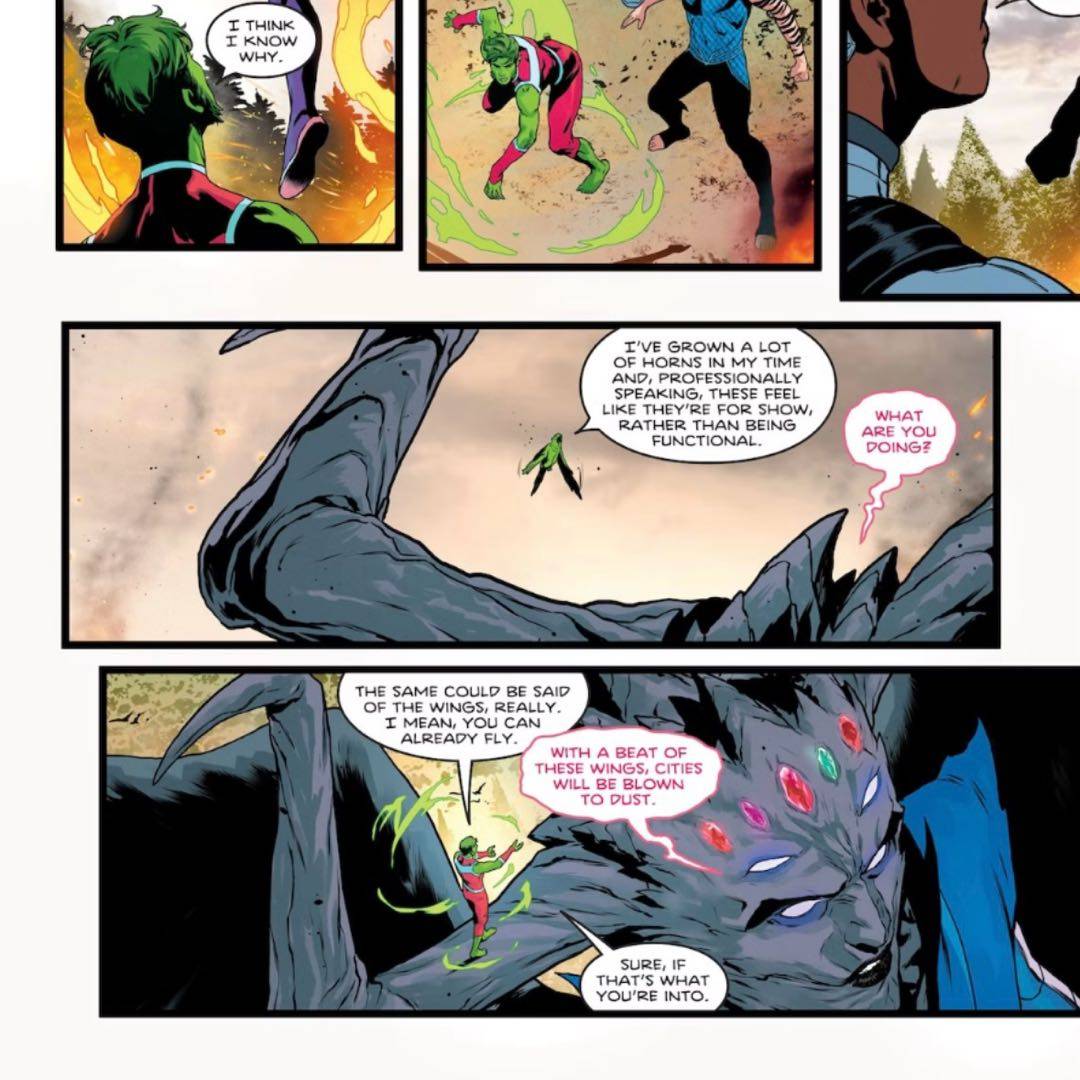
Gar “I‘ve grown a lot of horns in my time and, professionally speaking, these feel like they‘re for show, rather than being functional. Same can be said of the wings really. I mean you can already fly.” Raven (the dark-winged queen) “With a beat of these wings cities will be blown to dust”
Gar “Sure, if that‘s what you‘re into.”
Poor and middle class white people help rich assholes set the country on fire, out of fear that people of color might get access to parts of it
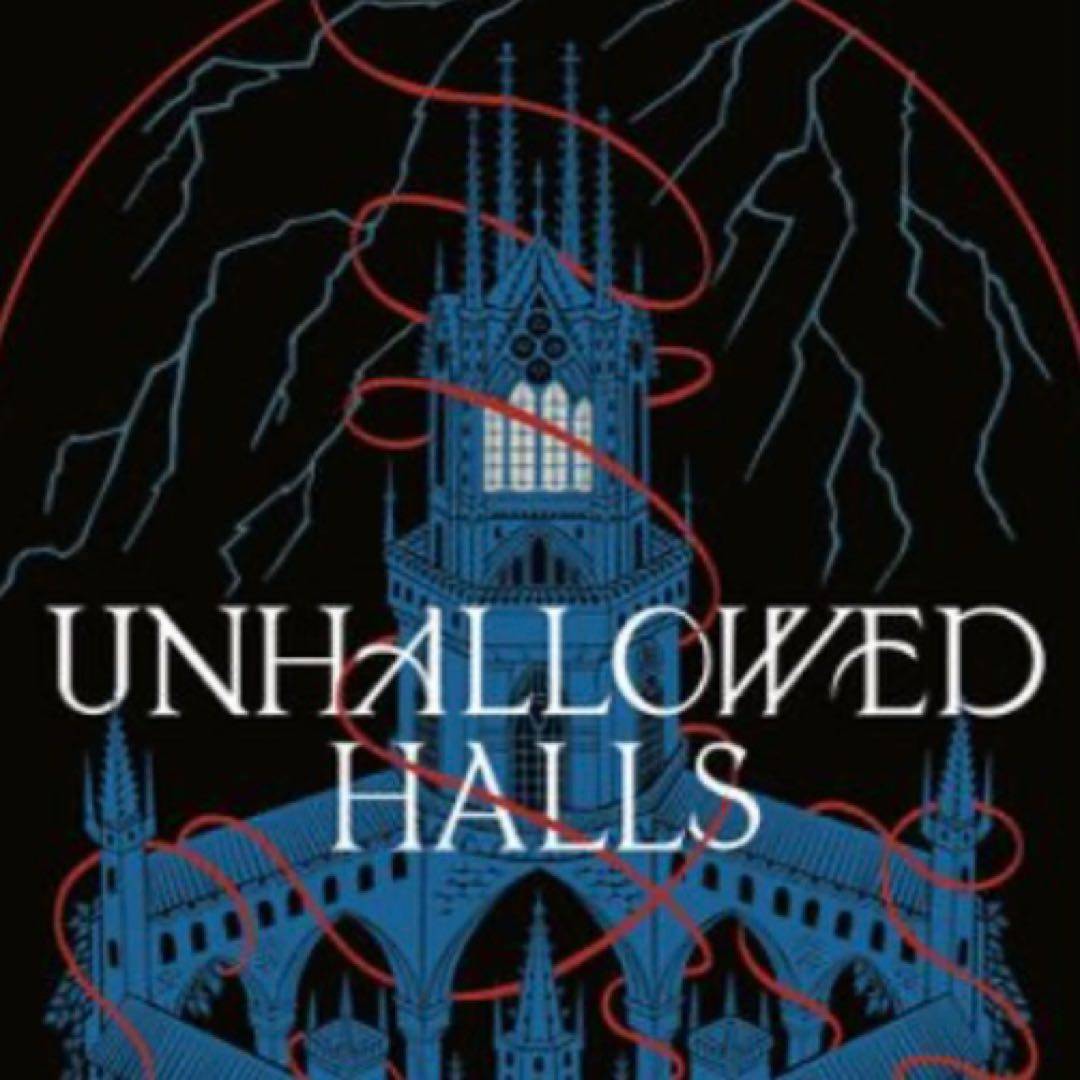
I feel like someone should write a paper about the creation, idealization, and destruction of simple binaries and how that relates to magic in this book and English Language fantasy. There‘s a lot going on there even if the bare bones of the story are YA wish fulfillment. Also, I desperately want to know why the protagonist is from Florida, while the magic school is in Scotland, and the author is Australian.
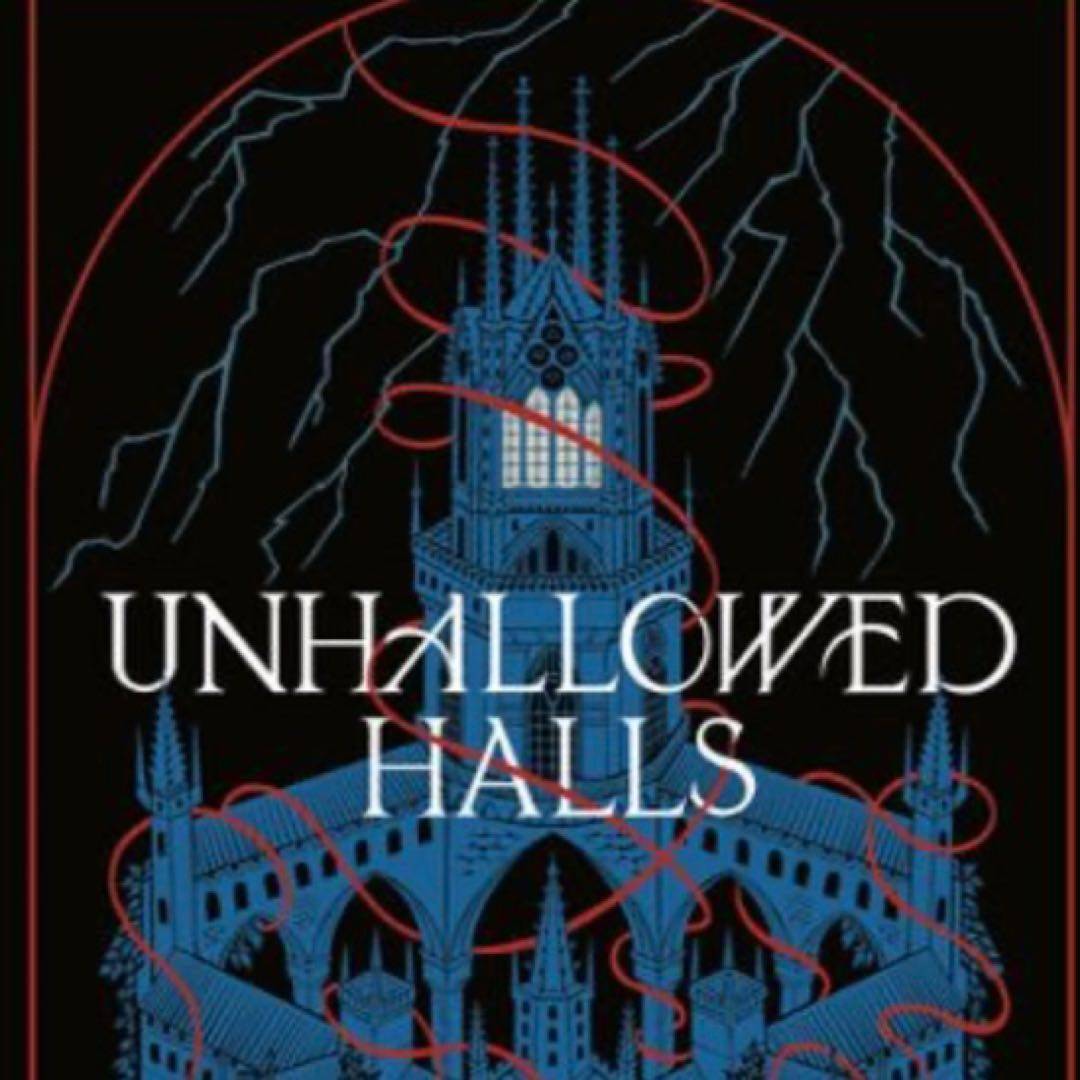
“But I smile and sit and eat dinner with them, because almost belonging is better than being alone”.
Readable, but not in depth. Does pretty much exactly what it says on the tin.
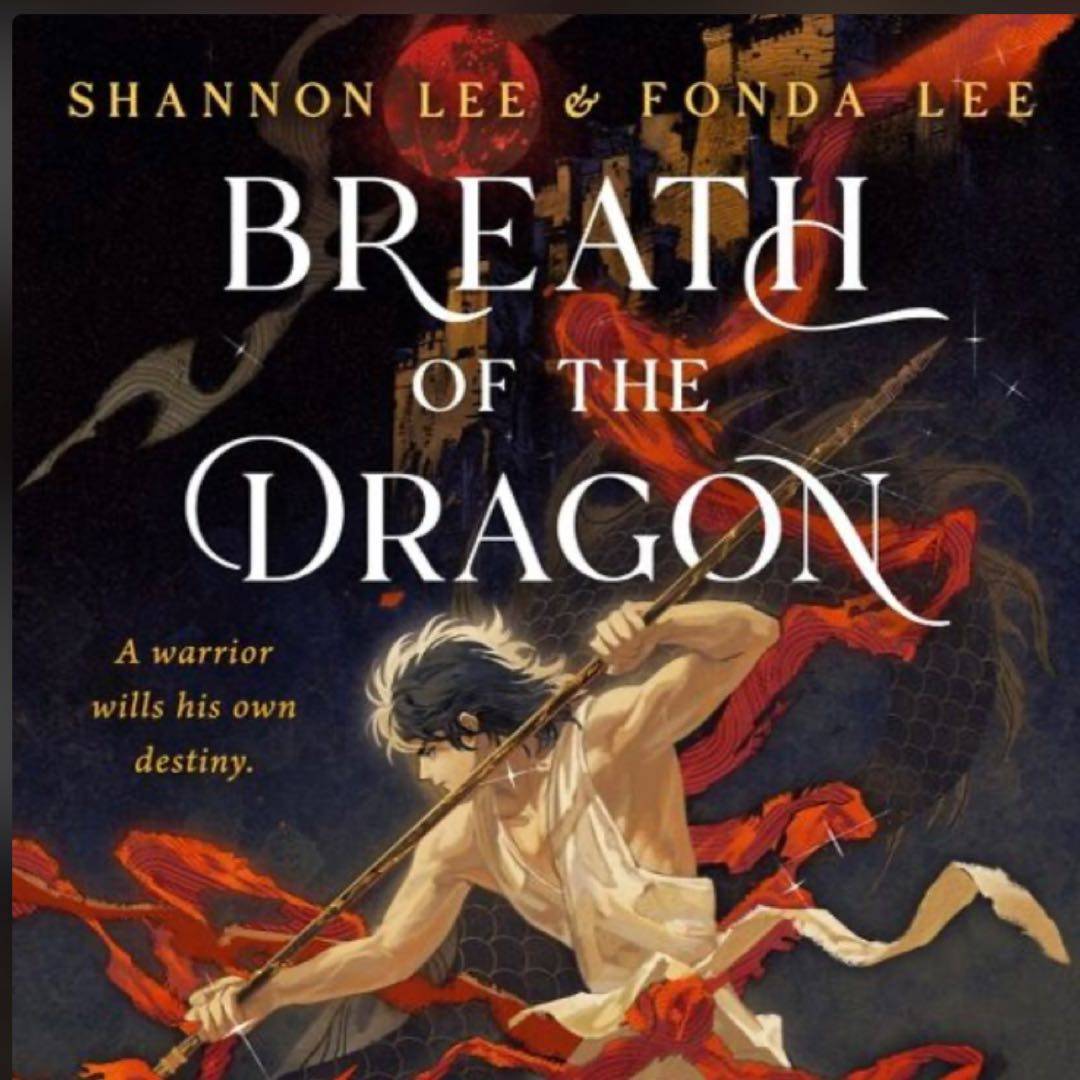
I like how this book dealt with not being “chosen”.
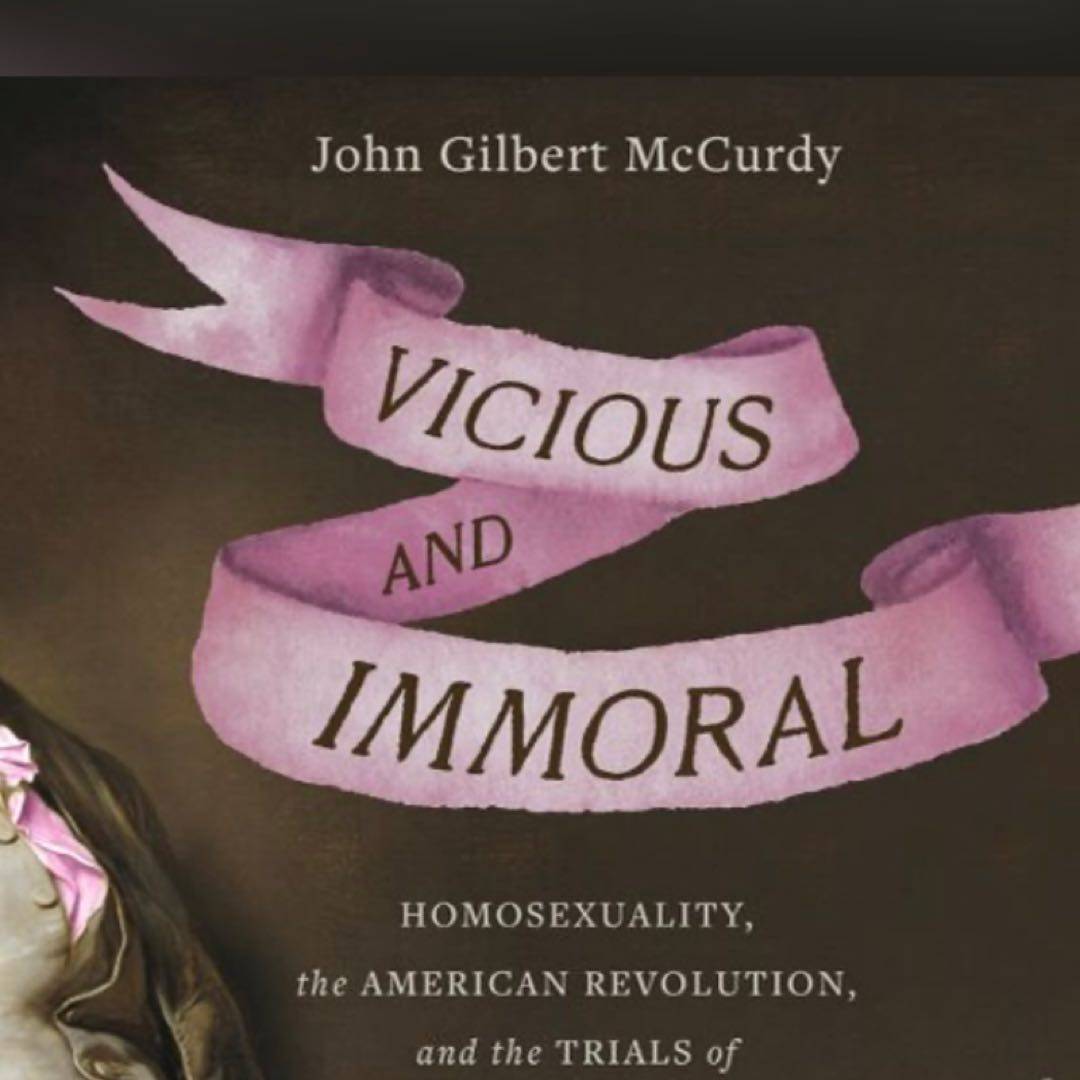
It‘s weird how much of homophobia is about power dynamics, even during a revolution.
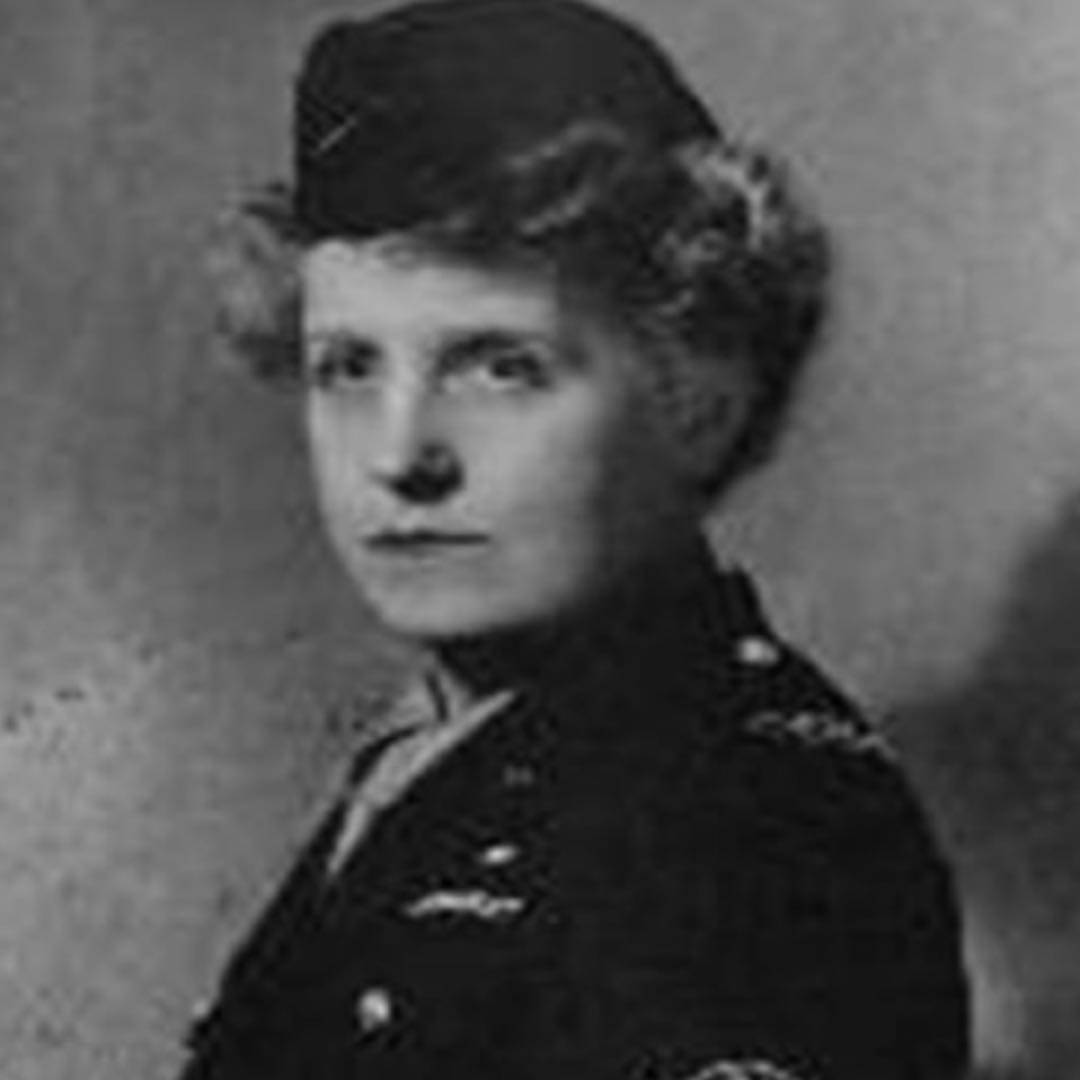
“They confuse manliness with brutality” Sigrid Schultz in reference to Goering and the Nazis
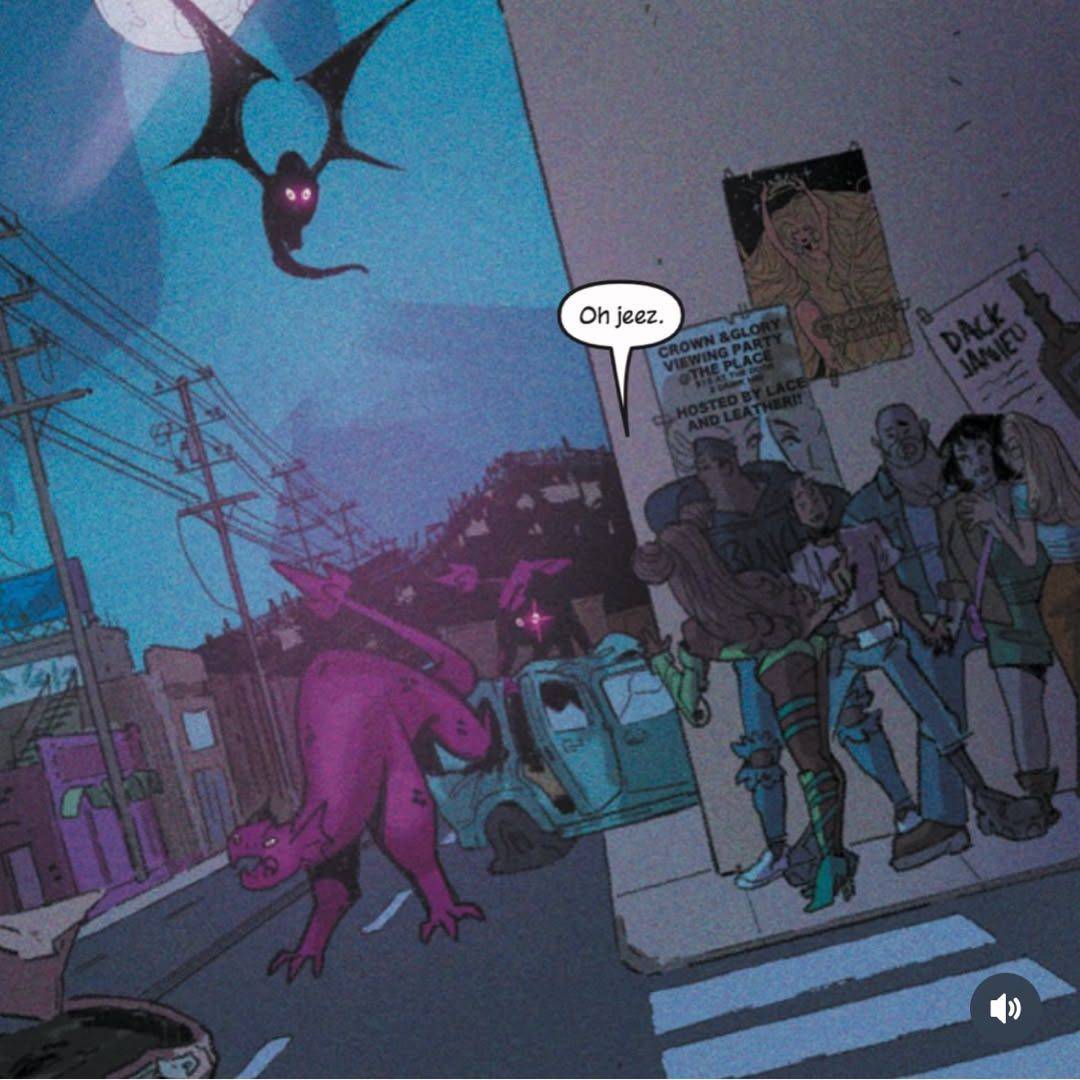
Group of survivors of a monster apocalypse get to the source of the outbreak in the heart of West Hollywood prepared to fight monsters and find a fancy gala at the Pacific Design Center: “What‘s the battle plan if it‘s just white people?”
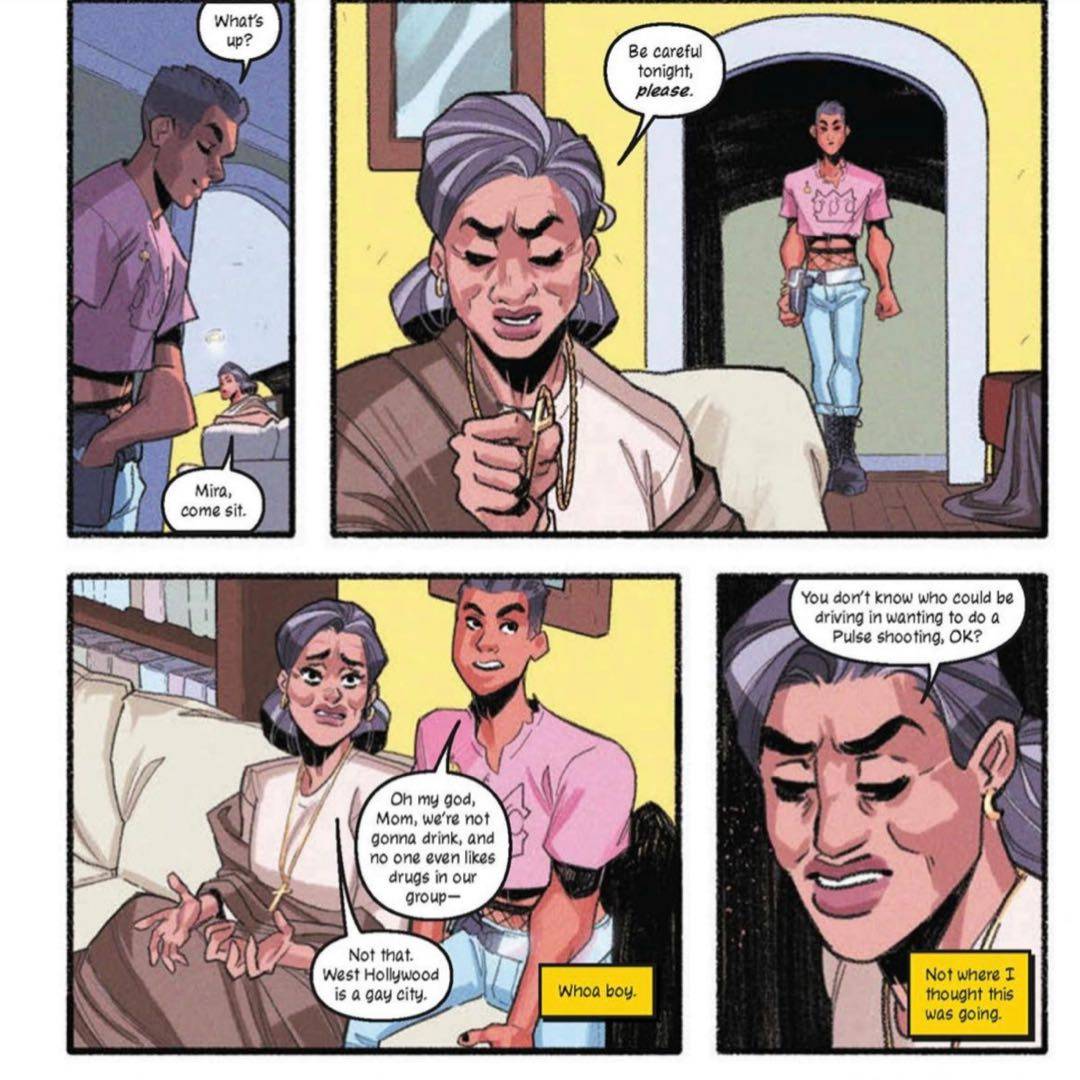
It seems like the people who made this had fun doing it. It‘s a campy media aware monster apocalypse story. “What if Shawn of the Dead was about a group of queer teens visiting a drag show in WeHo? And there are dragons?”.
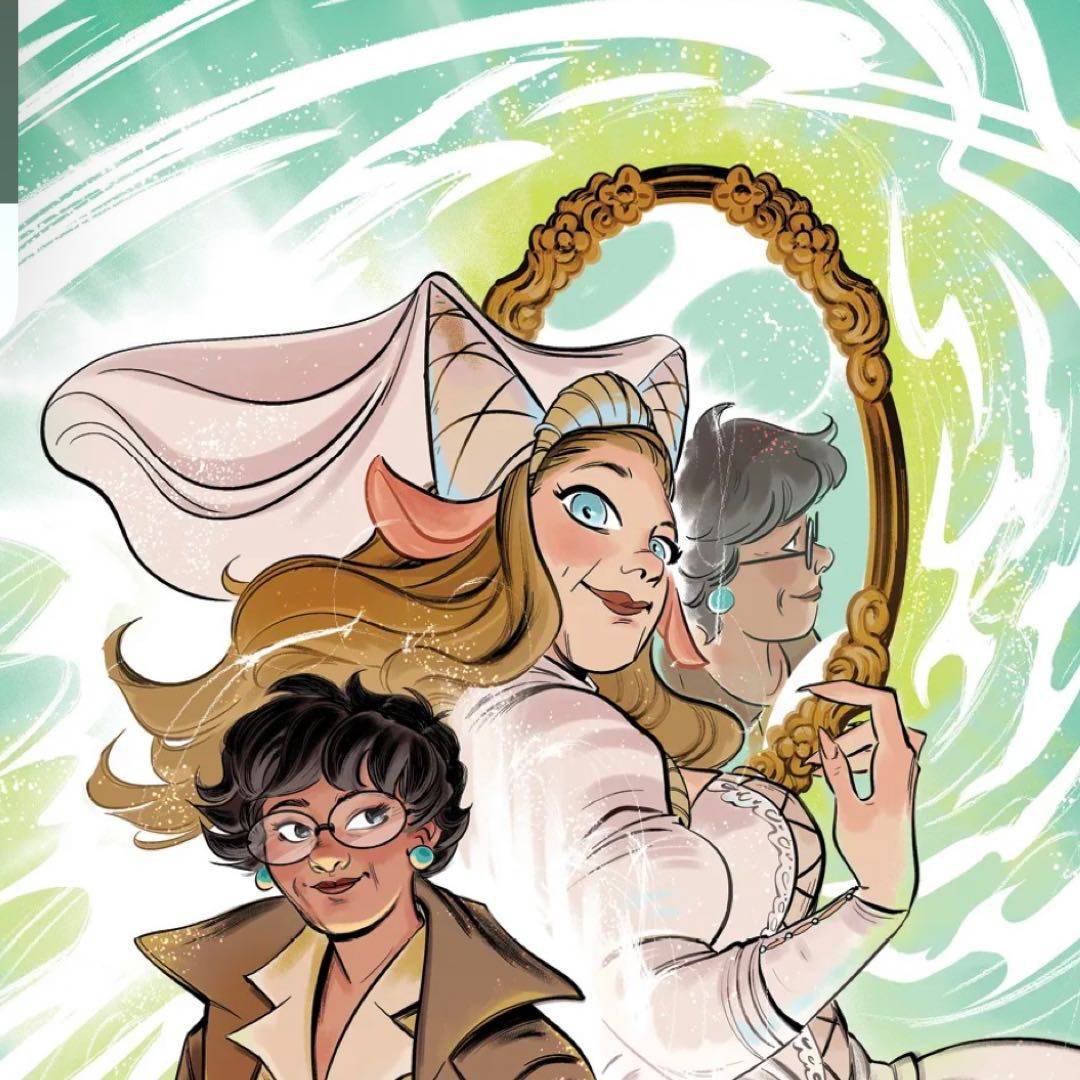
This feels like a solid start to a story. The main character is more relatable than charming. But she‘s only little, by which I mean a college student.
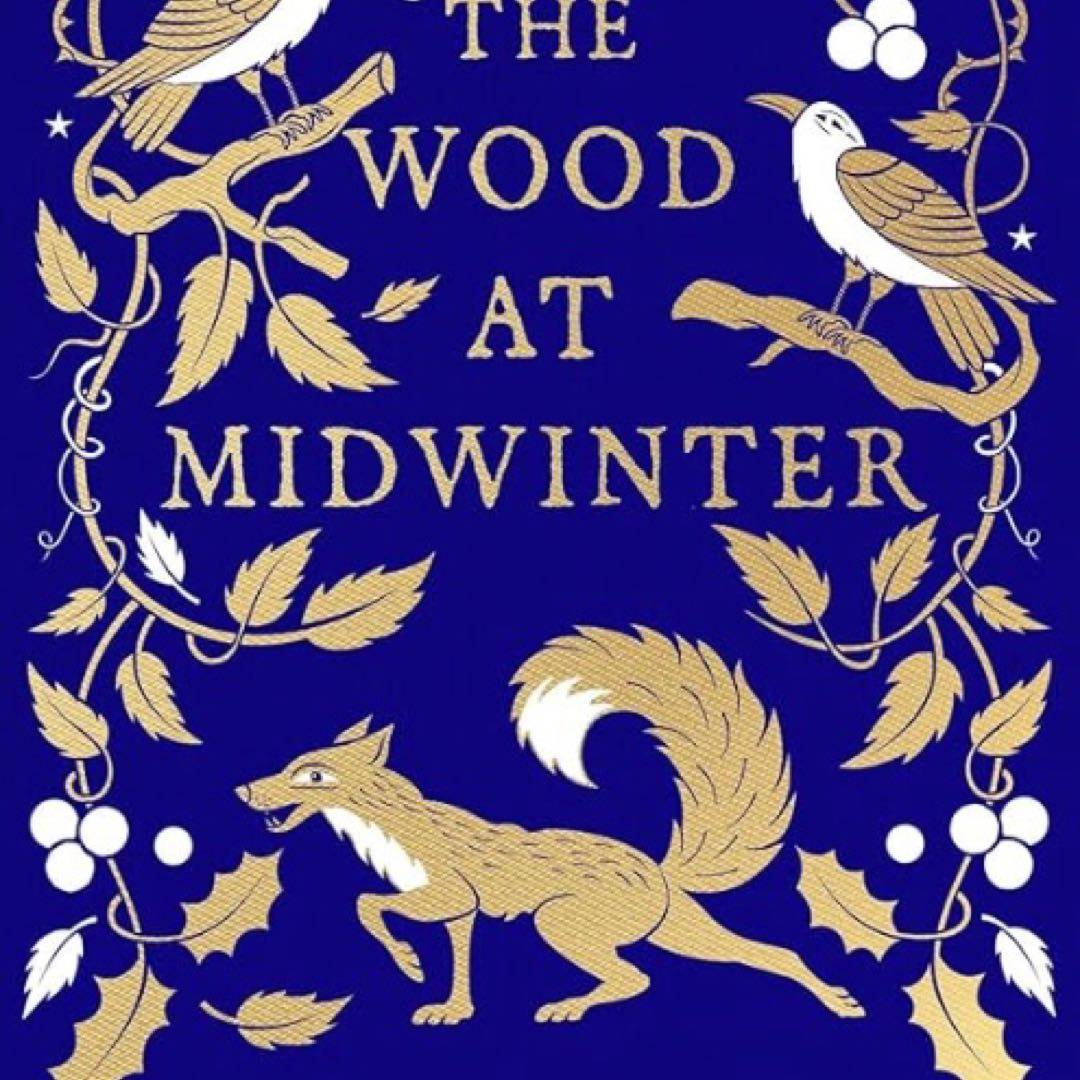
Cool setting, nice use of language, and just a pretty pretty book. It‘s like a Susanna Clarke amuse-bouche, it won‘t satisfy you, you‘ll just want more. And by “you”, I mean me.
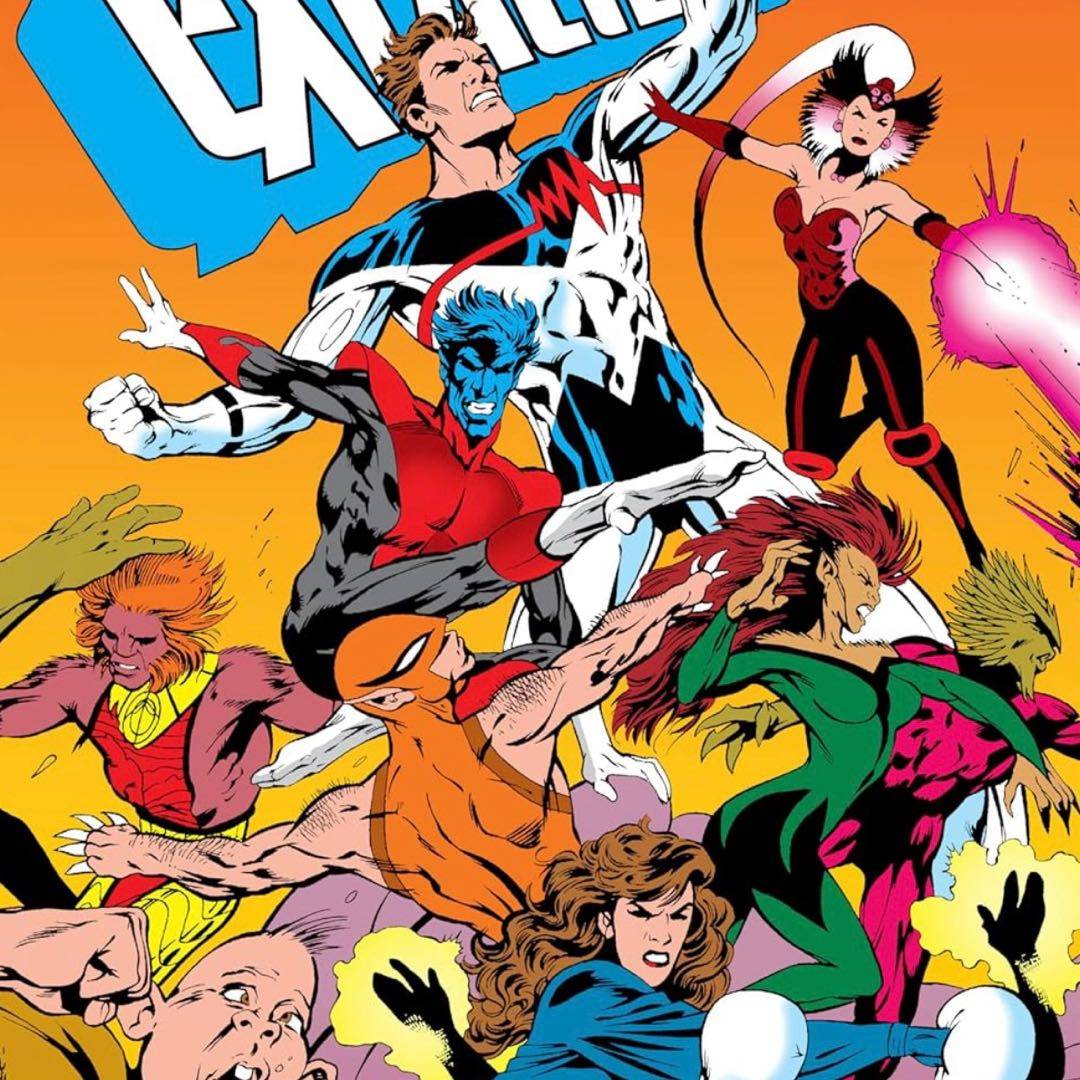
This graphic novel moved from art style to art style, team roster to team roster, tone to tone faster than Nightcrawler teleports from place to place. It felt like a lot of missed opportunities. Only potentially for Excalibur completists.